Queen Charlotte: A Bridgerton Story (TW: rape)
I have watched this series over the past several days, and now I need to talk about it.
I enjoyed the first season of Bridgerton and the second was okay. I enjoyed the first Bridgerton book and was increasingly incensed by the books that followed. The TV series is also astonishingly rapey (for example, Daphne rapes her husband in the first season after realising he is using her ignorance about sex to avoid having children).
Queen Charlotte follows the tradition, featuring many sex scenes between a young Lady Danbury and her much older, very oblivious husband who she was betrothed to at the age of three. They are arguably filmed as funny scenes. Fortunately I had advance warning and was braced for them.
At church today, the reading was from Genesis 29. Jacob (a founding father of the nation of Israel) works for his relative, Laban, for seven years as advance payment for marrying his younger daughter Rachel. On the wedding day Laban switches in his older daughter Leah and Jacob sleeps with her and only discovers the deception the following day. Laban says Jacob can have Rachel too, but he has to work another seven years. So Jacob marries Rachel, and then works another seven years. Unsurprisingly, he loves Rachel more than Leah. The first time we hear Leah’s opinion on all this, she is giving birth to four sons, each time thinking that her husband will finally love her. The story continues to be messy as the sisters fight over their husband’s affection and even trade him between themselves.
Did Leah know when she slept with Jacob that she was part of a trick? Was she in on it? Did she want to marry Jacob? Was she happy to marry anyone since she was considered less desirable and/or her father was a liar and/or she wanted children?
The “conclusion” of today’s sermon was that domestic violence is still happening. It wasn’t okay then and it isn’t okay now. There is no happy ending here—no neat moral for us to nod about and promptly forget.
When we read Bible stories like that we tend to blame ancient cultures. But clearly, women have been used as trading pieces in every culture on earth—including, obviously, European nobility.
How much choice did the fictional Lady Danbury have? She looked forward to her husband’s death but didn’t kill him or try to escape. They even had a little bit in common, as they were both dark-skinned and therefore in a socially precarious position despite coming from royalty themselves. She had zero interest in her children until she realised her rank (and entire fortune including her house) was dependent on her four year-old son.
Many cultures have arranged marriage to various degrees. Sometimes the men have choice and the women have none. Sometimes a couple is betrothed but either party can choose to break it off if they want to. Sometimes rituals and celebrations are not enough to hide that women are being sold into sexual slavery, often as children. In the USA, some religious fanatics (Christian ones) force raped children to marry their rapist.
I have met several women in Indonesia who were child brides (in a small village). The custom was to give the woman to the much older husband when she was extremely young, and then the husband would wait until her first period before having sex with her. (Of course there was no accountability whatsoever for even that much kindness.) When I spoke to the women they were middle-aged with children of their own and appeared perfectly content. I didn’t speak enough Indonesian to find out what would happen to their own children. My own Indonesian friends found it all very shocking, so it was clear that cultural change was happening.
I don’t have a problem with arranged marriage itself. When both parties are evenly matched in power and choice, it can be beautiful. In Queen Charlotte there is deception about King George’s madness but they fall in love and are both intelligent, socially progressive people of a similar age. Neither party is particularly willing at first, but they swiftly fall in love. The ideal of arranged marriage is a marriage undertaken for mutual benefit by two open-minded people who are equal in power and who fall in love after their wedding.
Love is a choice.
And for many women throughout history, marriage is a means to an end: It gives them respectable adulthood and a measure of independence; it gives them a career of sorts (running a household); and it gives them children. Not all women want children but a lot of human beings do—our biology pushes us that way—and an extremely small proportion of women have the ability to make children without going the sex-with-a-man route. Given the choice, many women would marry and have sex with a horrid or even violent man if that was the only route to get children. And of course, many people who marry for love end up deeply unhappy or even abused (mostly women, but some men too).
It’s nice—sort of—that King George is also against the idea of marriage at first. There’s a symmetry there which gives their relationship some equality.
However, what marriage is truly equal?
I am a disabled woman married to an able-bodied (but neurodiverse) man. Even if we were both healthy, he would almost certainly earn significantly more than me, have more physical strength, and be free to walk alone at night without danger. Even if we both worked, statistically I would still do the majority of the housework (a discrepancy which grows larger after having kids).
There are many more aspects of being female that are harder to measure. I do not receive the same amount of pain relief as Chris would receive for the same level of pain. I am assumed to be less intelligent. I pay more for mechanics and tradesmen. And so on. This is all magnified a thousand times for women of colour, of course. I’m lucky. But I know I’m a second class citizen inside my own marriage. (Chris is great, totally feminist, blah blah blah. But he still has societal baggage, and so do I.)
If I wanted to divorce Chris, it would be extremely difficult. I would lose at least some access to my children. We would almost certainly lose our home. I would probably have to live in some kind of share house in order to survive financially, which I know from past experience is incredibly stressful. I am currently able to earn up to $300 a week. That would probably no longer be possible. I would be living on a disability pension for the rest of my life.
It is terrifying, to be a disabled woman.
Fortunately we have no plans to divorce, and Chris’s life and income are insured.
But I am, like Lady Danbury, dependent on a man’s goodwill.
There is a great deal of clever writing in the show. Prequels are tricky. We know that Queen Charlotte loves her King George, and that he is destined to get madder over time. We know that Lady Danbury will become the fabulous character we already love.
There is a plotline in the “present” of the Bridgerton TV series in which a much older Queen Charlotte is berating her many children for not producing more heirs. The pattern of royal duty continues, even though she has borne a prodigious quantity of offspring. It is clear she is not the perfect mother, either. Any examination of royal life must show that it is too much: too much wealth, too much responsibility; too little personal freedom or choice; too little connection to the real world; too much power. Too much inbreeding. As a commoner I can sigh over the gorgeous costumes while also being relieved that my life is nothing like that.
I can also stress over Lady Danbury’s considerable dilemma: to use her friendship with the queen to keep her rank, and thus protect the rank of all the recently-elevated non-white half of the ton… or to be a true friend, refusing to either spy on the queen or ask for favours. We know she wins her rank, but how does she do it?
I adore the gay relationship between the queen’s personal assistant and the king’s personal assistant. A gay relationship is always welcome, but the dynamic between the two of them as they attempt to remain loyal to their royal charges is intense and dynamic. It links beautifully into the main plot as well as highlighting the weird relationship between servants and their employers. Not quite family—no, never!—yet often more intimate than family. They are often best friends, or something like best friends, yet with absolutely no power over their own life. While Lady Danbury courts and then rejects a man that her maid would have liked her to marry, she talks about finding her own path and so on. Her maid never gets that option. The gay servants are lucky enough to have a long life together, but only because things happened to fall into place for them. And the absence of one of the pair in the final episode is an absence that can only ever be felt in silence.
I’ve read an article criticising the way the series handled race—as if a dark-skinned queen could solve racism (much like President Obama’s presidency “solved” racism in the US)—but I think it is handled perfectly in the context of a highly fictional and escapist version of the past. It is not 100% realistic but it also doesn’t try to say that a few dark-skinned nobles would make everything okay. And in any fictional story, we always have our protagonists to thank for great acts of heroism and change. Honestly, it is fairly believable that a few high-ranking individuals could cause widespread social change.
This series wasn’t as witty as Bridgerton‘s season one, but it was extremely watchable and surprisingly deep. With lots of extremely attractive people flitting about in amazing dresses and wigs. The quasi-historical wigs and the title character’s natural hair work perfectly together.
And oh, yes of course—the madness. I think it is beautifully handled, including the horrors of misguided medical treatments, the determination to continue with medical treatments, and the desire to protect one’s loved ones from the truth (that always backfires). In many ways, the most tragic part is Queen Charlotte’s insistence that she is herself the cure for him. Because I feel like many people do believe on some level that love can fix mental illness…. and it doesn’t work like that. For once we have a fictional story that shows us that love continues when madness does, side by side.
So I’ll never be able to laugh at a joke about mad King George again. But the journey was worth it.
“Welcome to Australia” Dari Persian
Bahasa Indonesia/Bahasa Melayu
Please feel free to share all versions of this book as widely as you like.
All I ask is that you don’t make a profit from any part of it. Dozens of people spent time working on this book, and most were not paid (all Aboriginal people and refugees were paid or had donations made in their name).
You can buy physical copies here in any of the available languages. Yes, the publisher (Shooting Star Press Canberra) plans to sell digital versions of all languages too.
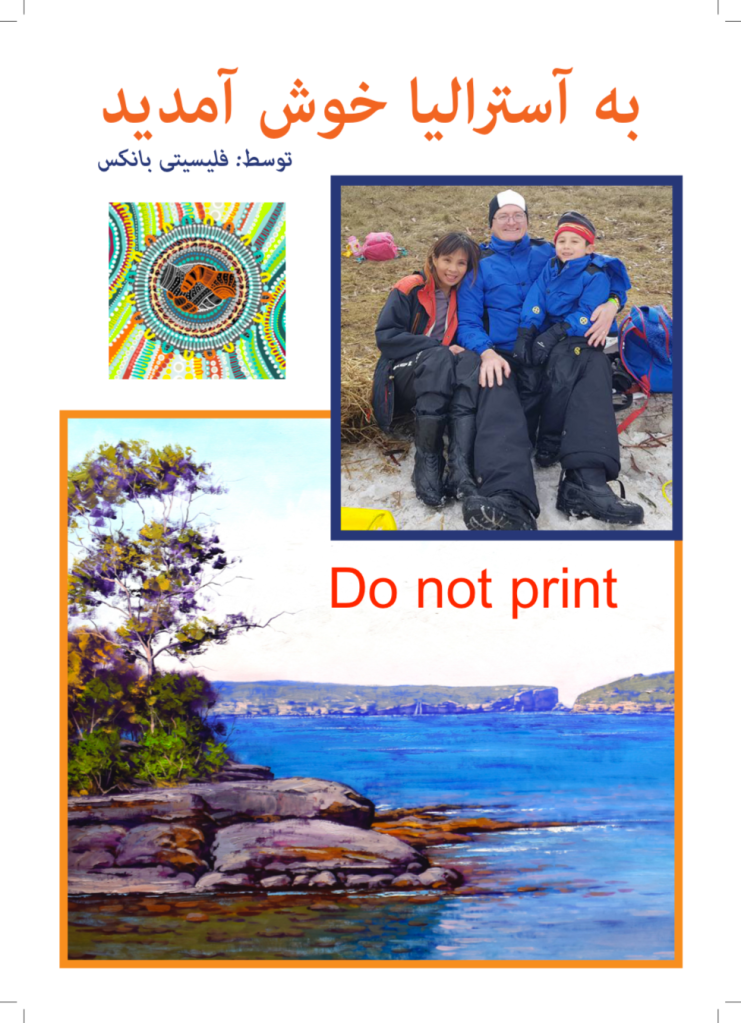

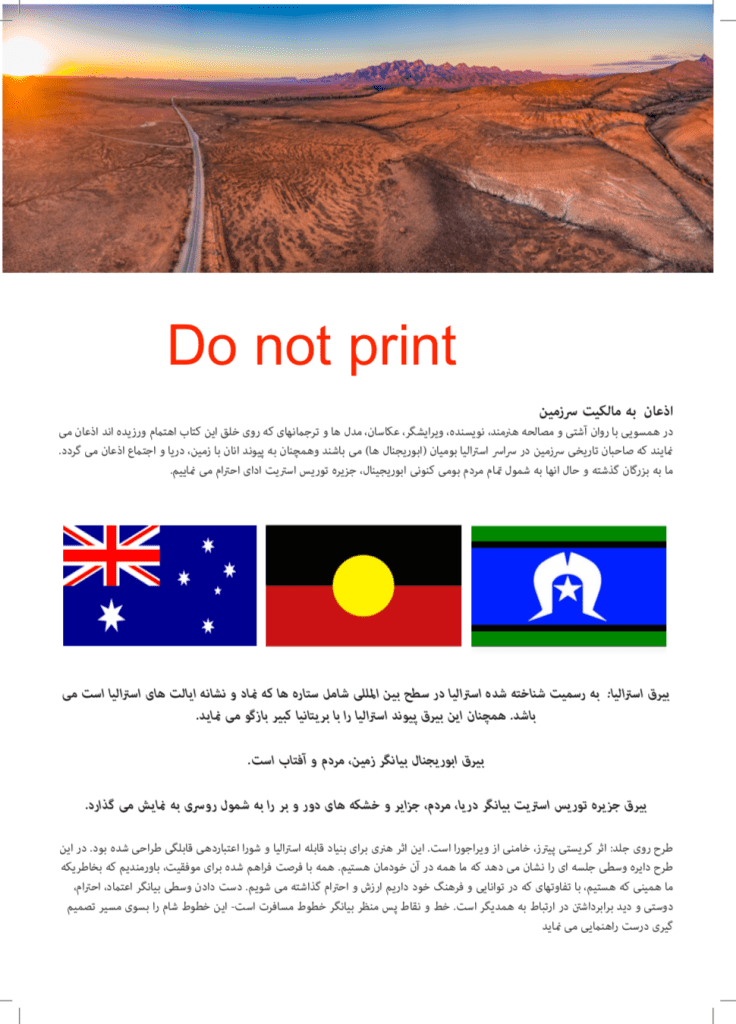
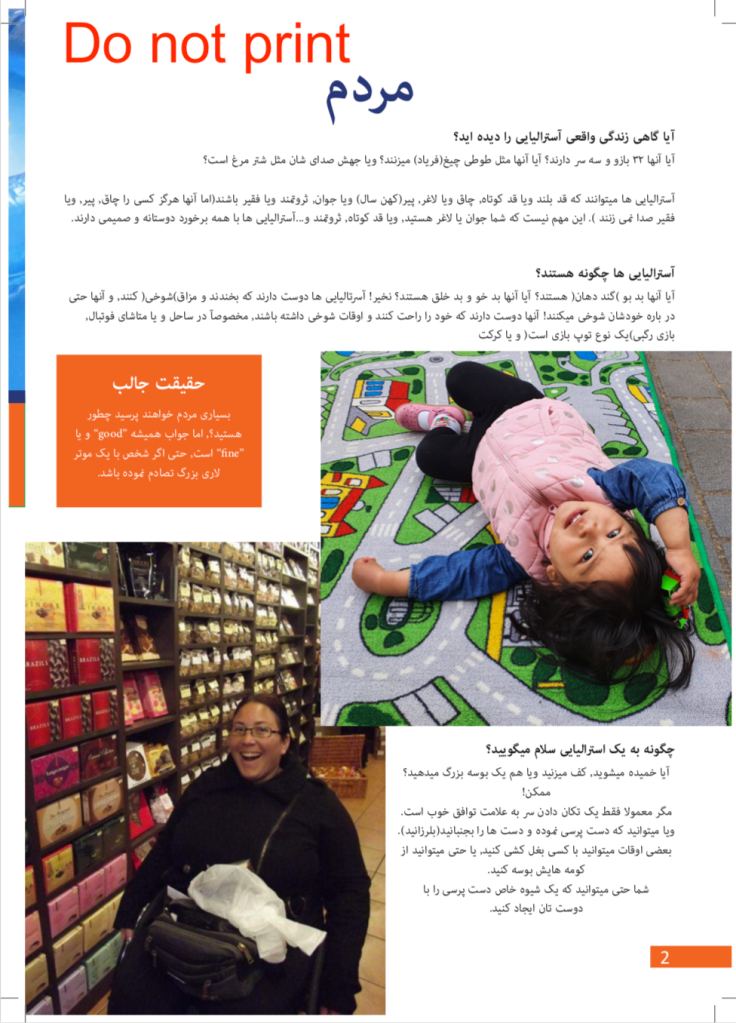
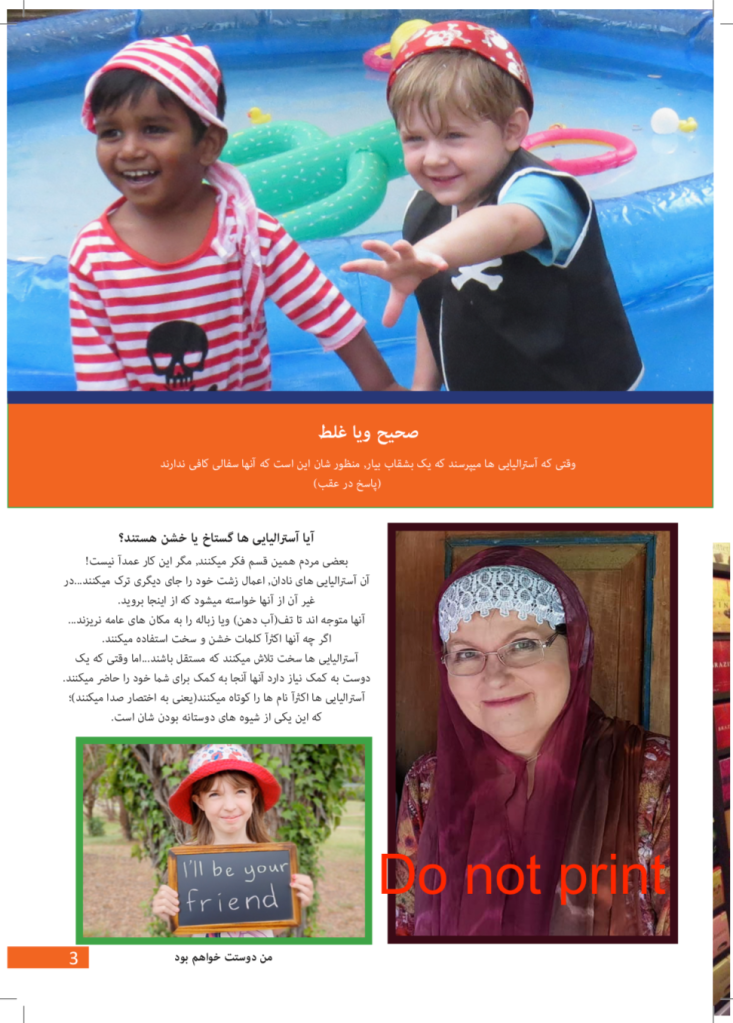
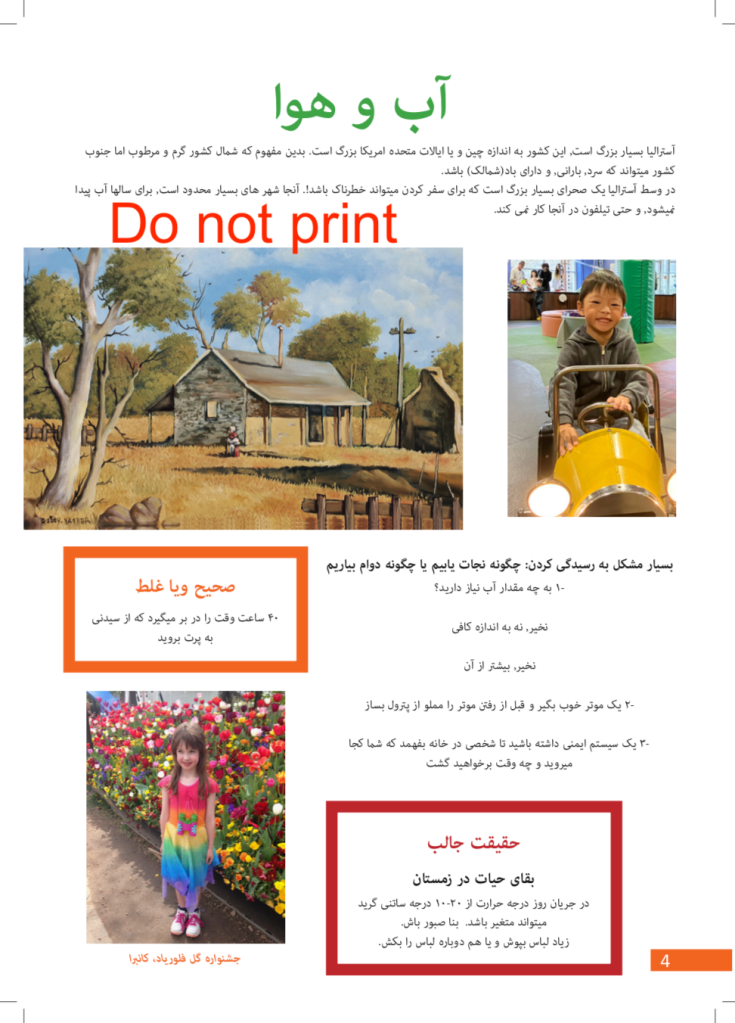
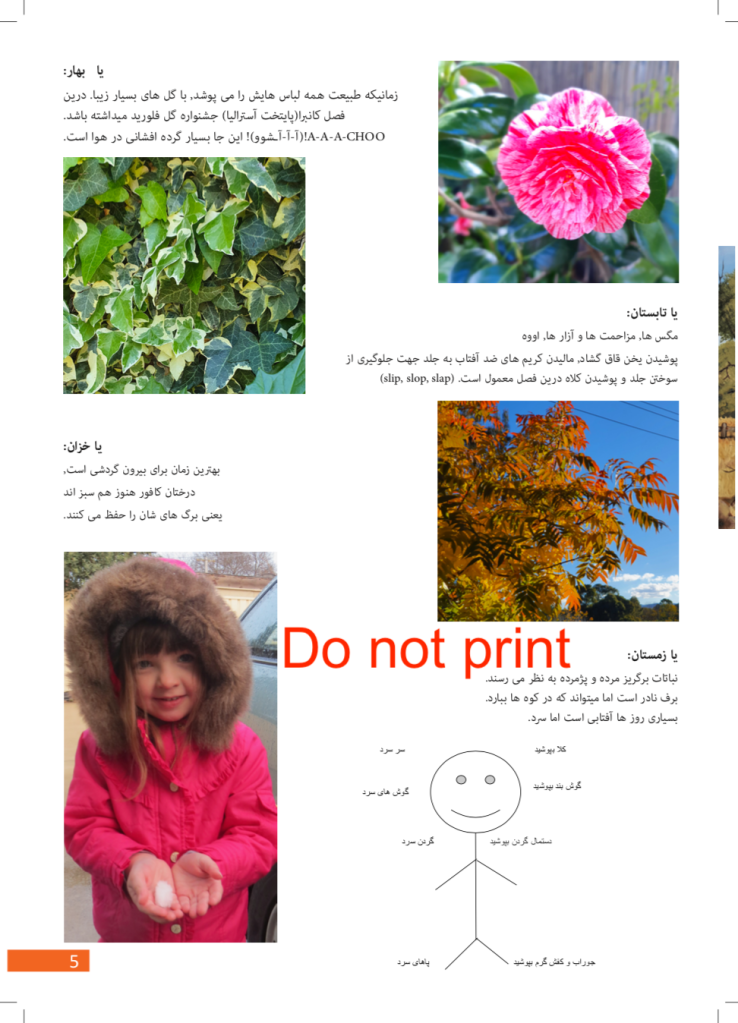
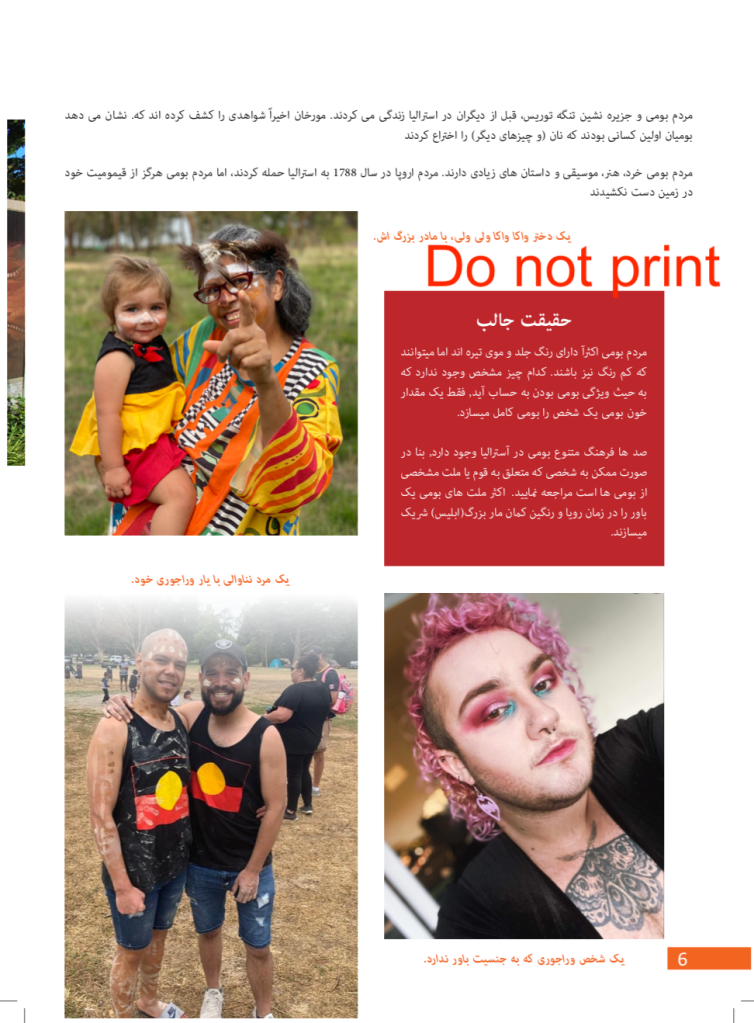
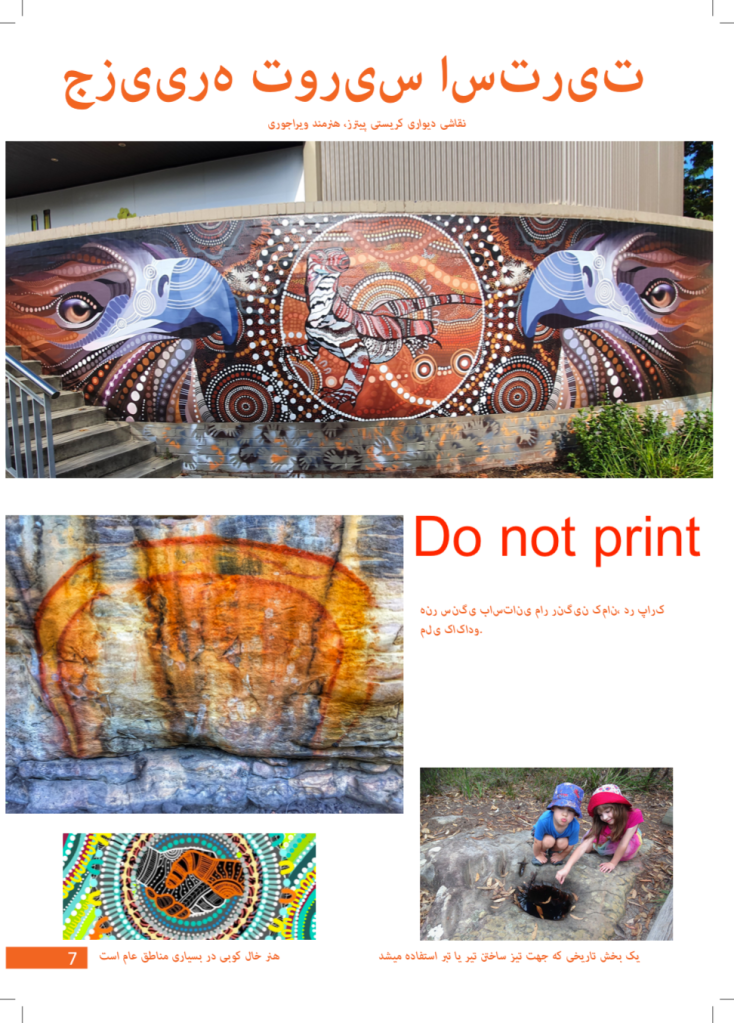
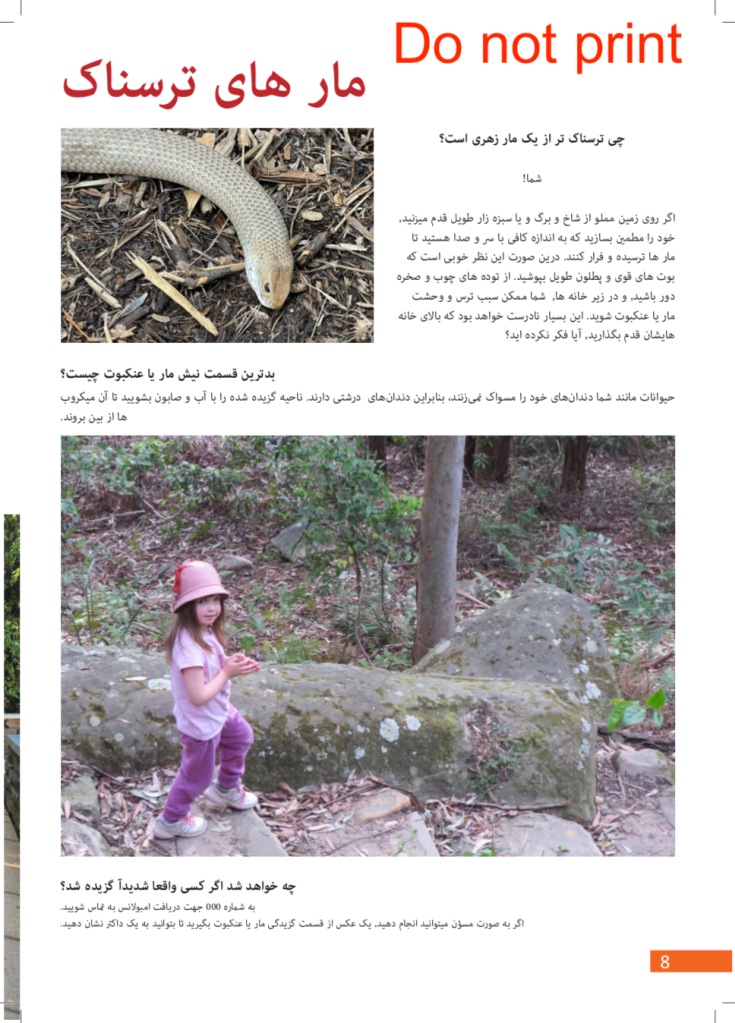
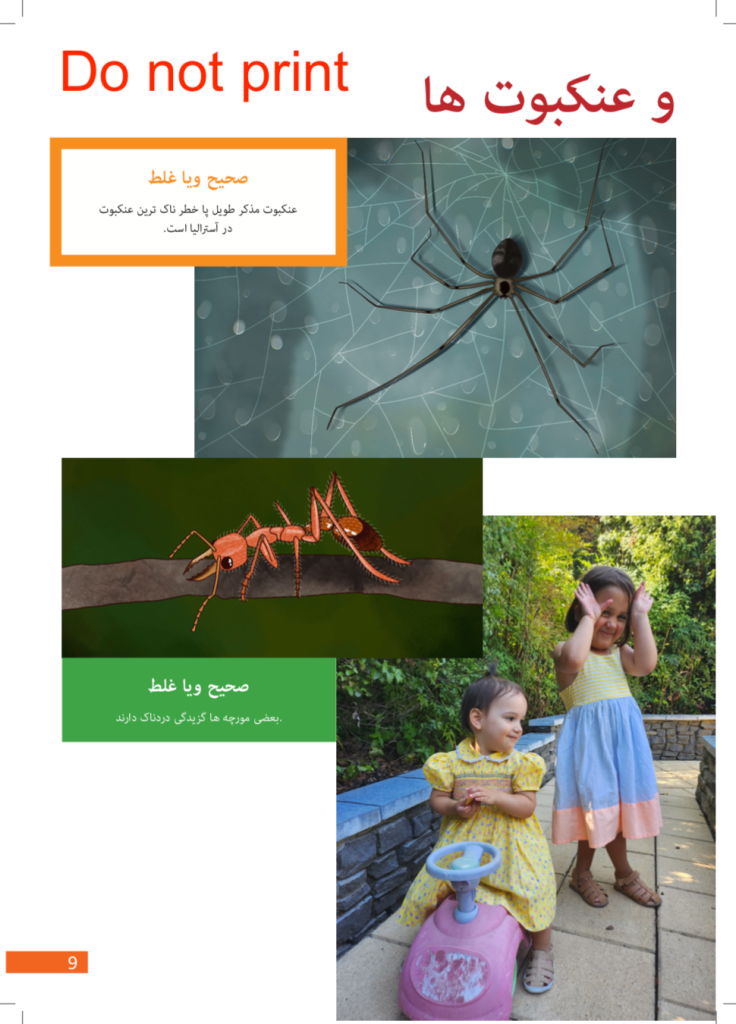
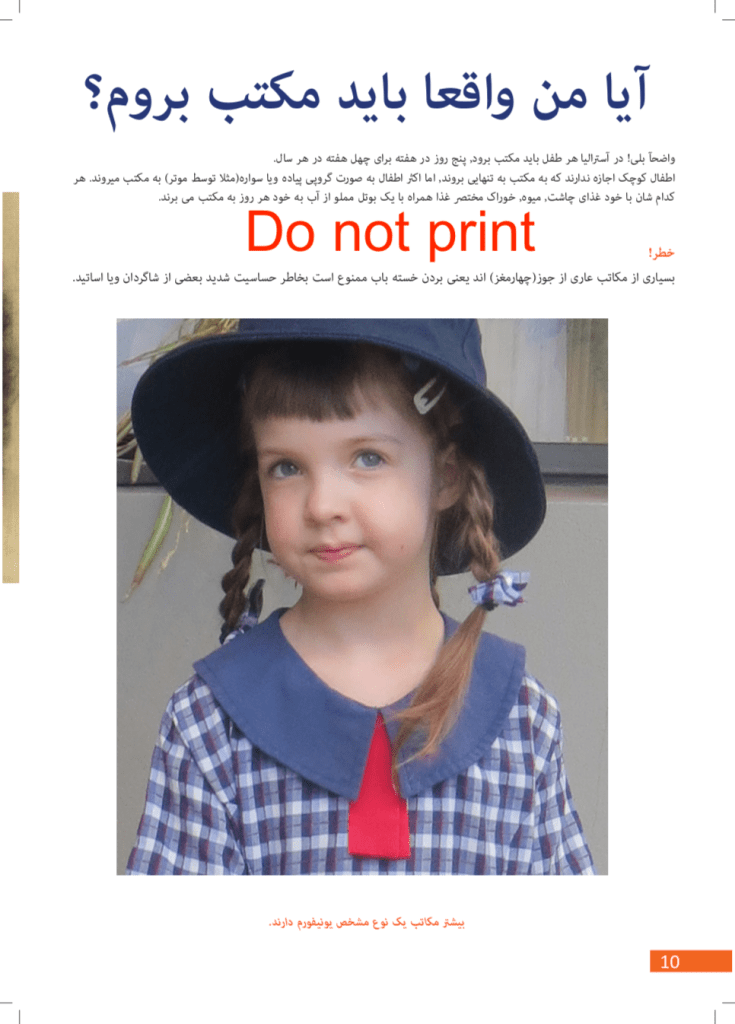
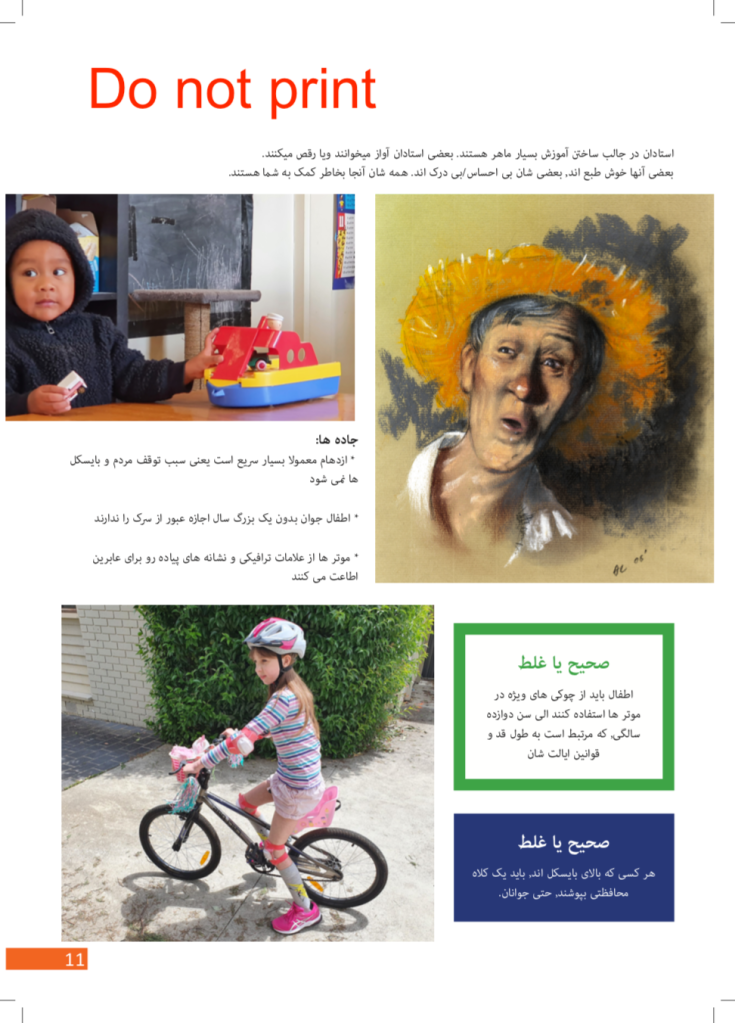
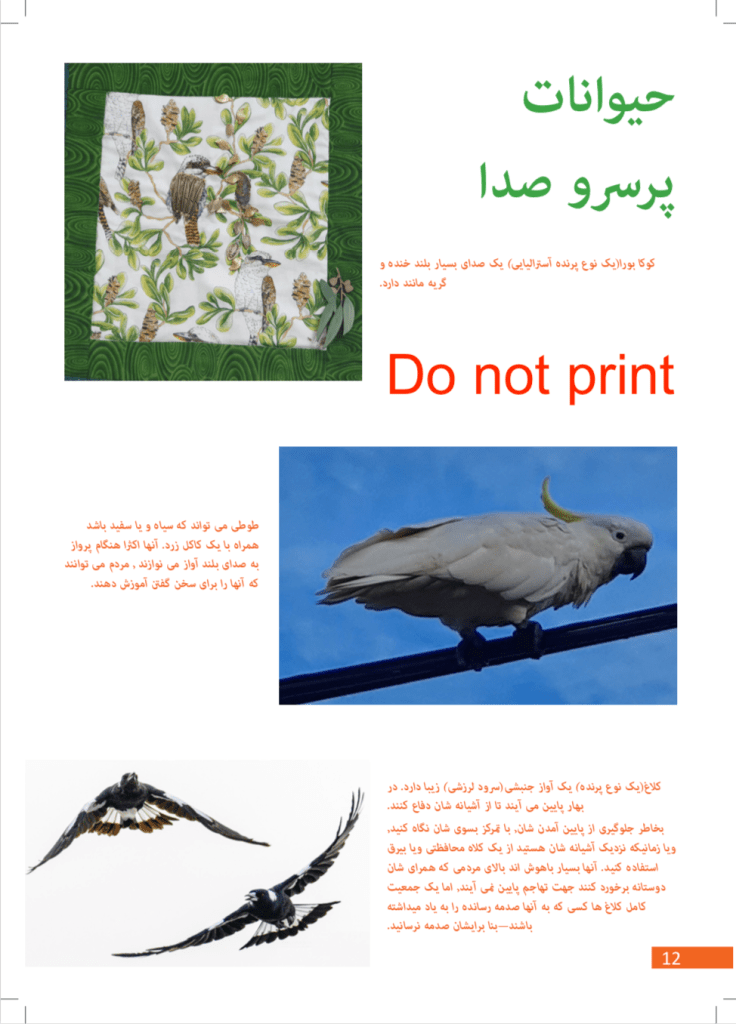
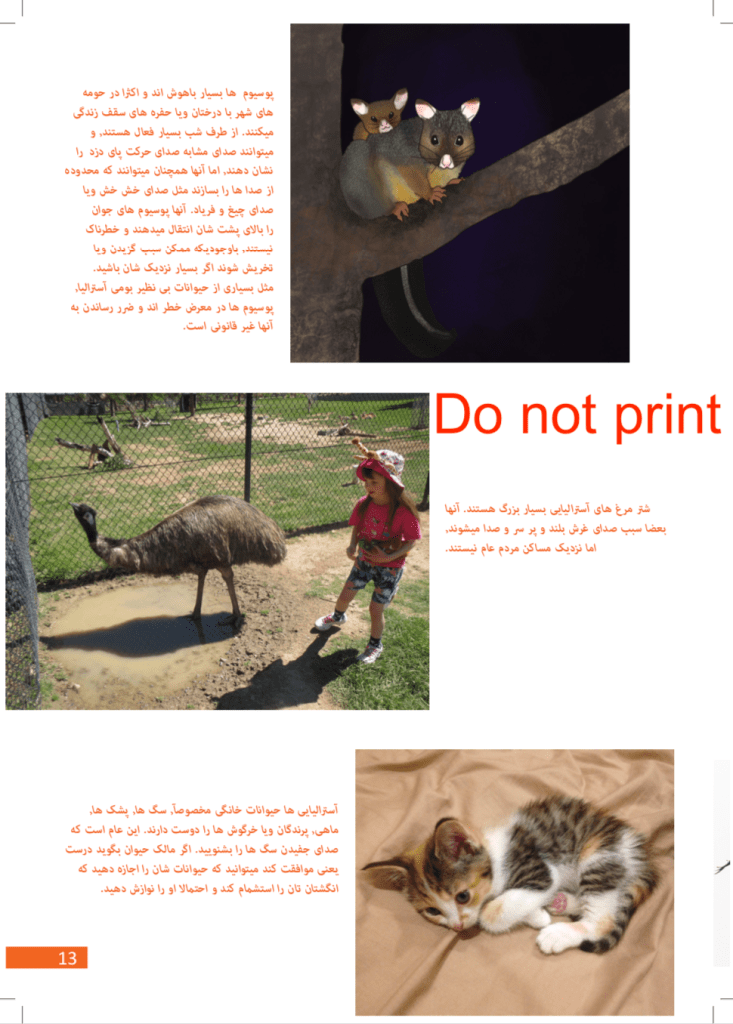
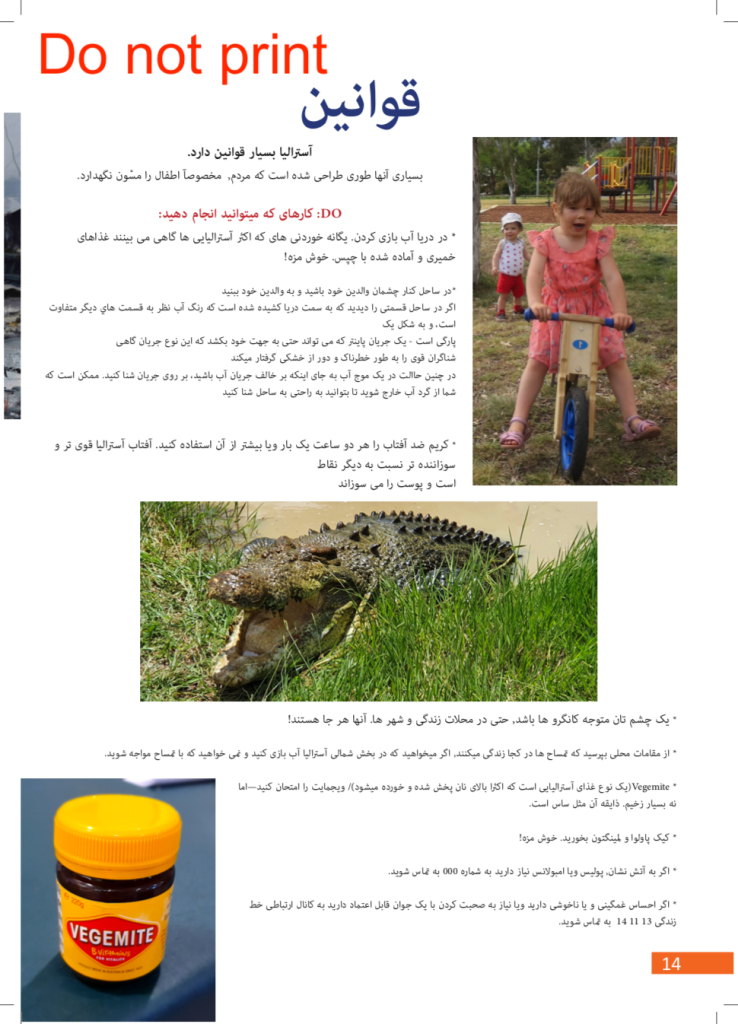
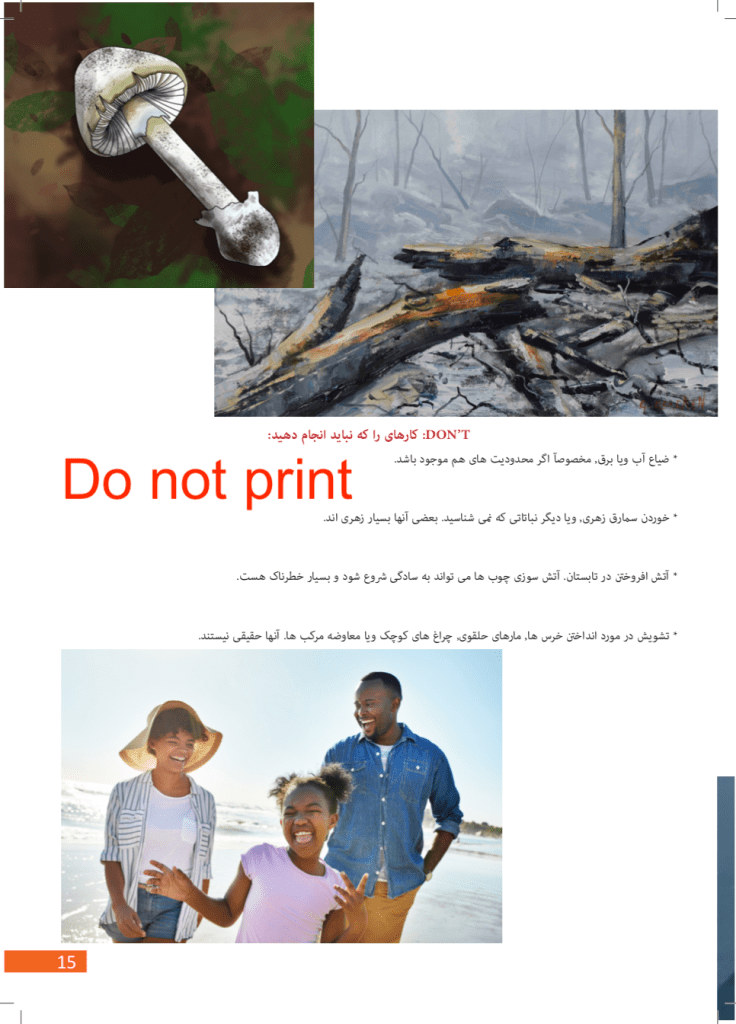
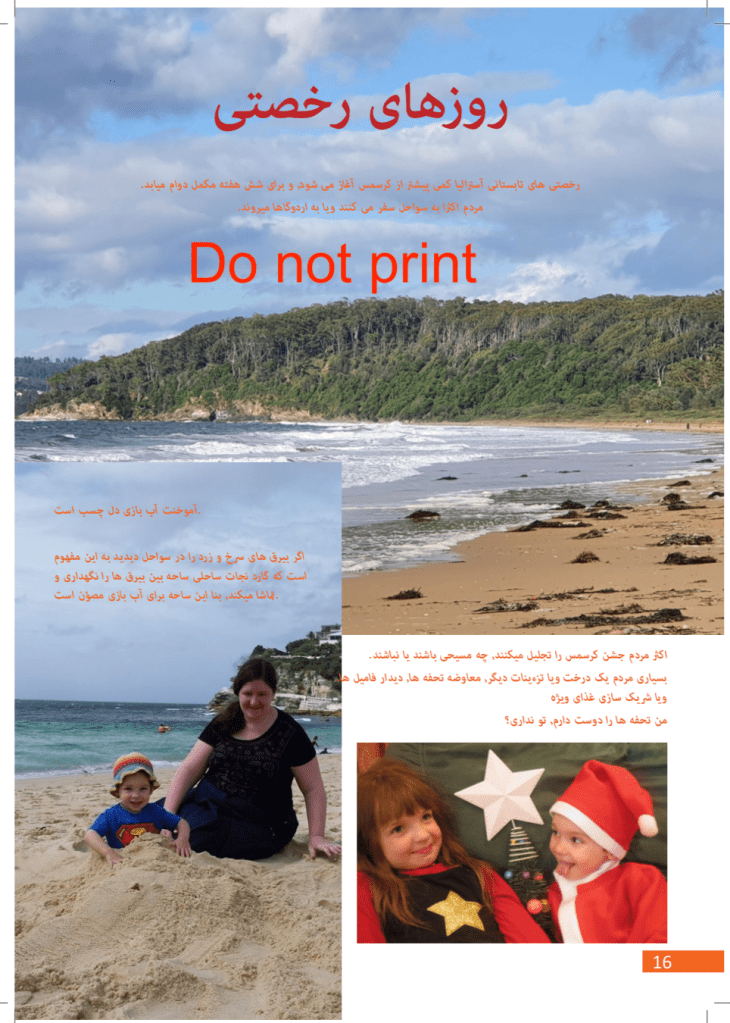
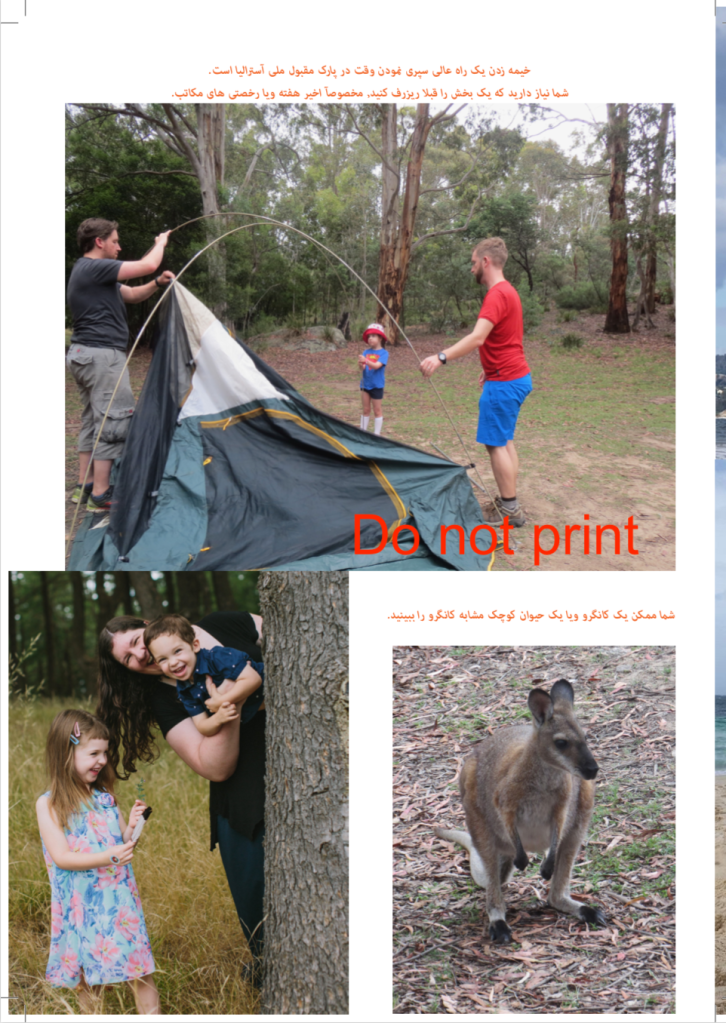

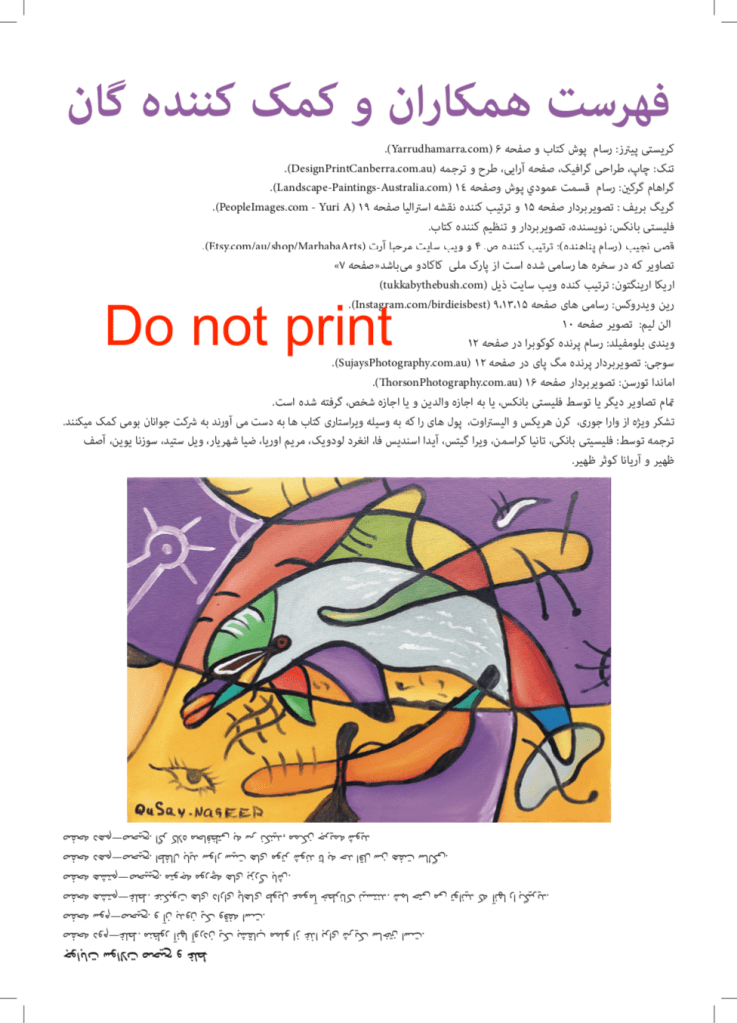
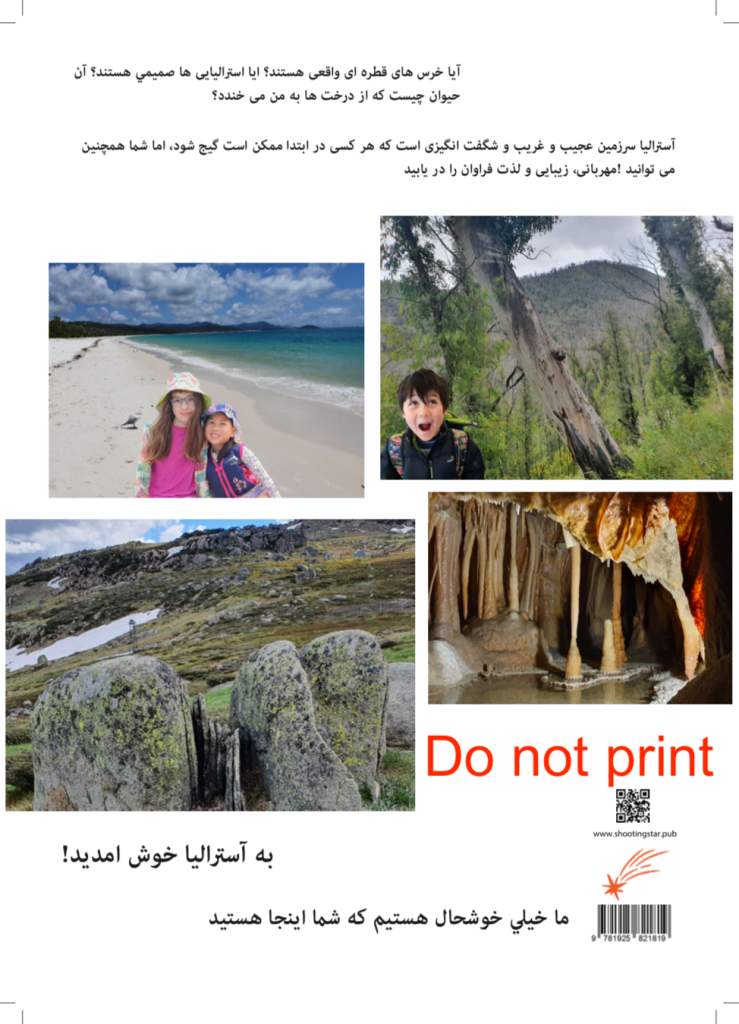
Our refugee family was nearly kidnapped in front of me when they first arrived in Australia: Part 2 of 2
Link to Part 1.
Arrival Day.
At 6am I was at Sydney airport feeling less than fresh but full of a heady mix of anticipation, confidence, and the knowledge that I regularly get lost in shopping malls.
Lesson 4 for CRISP groups: Try not to have the most incompetent, absent-minded, and unhealthy person in the group meet the family at the airport by themselves. But you probably had that one worked out already.
And yeah, I’m smart. And good with plans and organisation. And VERY good at quickly making new plans. And sometimes, I’m kind of brilliant with cross-cultural understanding (other times, I fail to see what everyone else in the fully English and monocultural conversation is talking about… that’s part of the magic of being autistic). But I’m quite bad at negotiating systems that are made by other people. Like, for example, airports. And Sydney.
Due to my fibromyalgia, I’d had Chris drop me at the domestic departures terminal, because I was confident that as soon as I explained to someone that the Afghan family of six had no English and no one to meet them people would leap into action to help.
My phone is dying. It sometimes spontaneously mutes one or both people during a phone call (or just hangs up) and it’s having a lot of difficulty connecting to the internet. But I finally connected to Sydney airport’s free wifi and started live tweeting (except I live-tweeted on FaceBook, because shut up, that’s why. And yeah, I know they want us to call FaceBook something different now, but I’m a rebel).
When we were told the family was coming to Sydney, not Melbourne, they had already left Iran but would be transferring at Dubai. I immediately sent this to the oldest son:

Two blue ticks means they have received the message. We didn’t have two blue ticks yet.
Also, our handy-dandy banner is too big to fly back to Canberra so that was no good.
As soon as I knew about the Canberra flight, which was booked AFTER the family left Dubai, I sent:

Plus a message for them to show to airport staff to tell staff the whole situation and ask them to call me.
But there was literally no way for them to know that someone in Iran had arranged for them to fly onwards to Canberra. I wasn’t 100% certain they even knew that we (the Castle of Kindness) knew they were coming via Sydney instead of Melbourne (we’d discussed the Melbourne plan with them in detail).
So, tweets:




This is a photo of the same sunrise in Canberra, taken by Suzie Zarew Photography on Thursday 22 June and shared here (and with the family) with her joyful permission.


You’re not allowed to turn phones on in Immigration, as I discovered later.


When I was living in Indonesia (age 18, for six months) my Indonesian friends were terribly offended when I wanted to wear thongs to church rather than socks and sneakers (in the tropics). Hence my concern. (I have loads of knowledge about Indonesia, and sometimes it helps with other nations. A bit.)
A lot of immunocompromised people (very much including me) overheat extremely easily so it was worth the risk of mild offence.
Lesson 5 (or so; I’ve lost count) for CRISP groups: The two hour estimate we were given for a refugee family to get through immigration is more like an average.



Lesson 6ish for CRISP groups: Probably worth finding out if non-flyers are allowed on the transit bus. I forgot I might not be allowed and just walked in with them. I’m sure you can go on the train instead—but you’d have to pay for everyone which is a huge hassle if they don’t speak English, and presumably also massively overpriced.

lol
7:30am


They didn’t get kidnapped at this time.



Lesson 7ish for CRISP Groups: Some of your group will not respond well to a sudden crisis. Some will thrive on it. Try to figure out which is which and plan accordingly (eg make sure a ‘pro-crisis’ person is at least semi-available that day/week as a backup).


Reader, it was not fine. But I’m getting ahead of myself.


Because I had the car seat in my house, ready to pick up the Afghan family at 10pm in Canberra. Remember that plan? It was a good plan. I put it in the backyard so someone else could fetch it while my family was in Sydney.

Actually everyone in the world starts off being bad as distinguishing people of another race. The less people you meet and interact with from another race, the longer it takes to get better at it. Does that make it more or less racist to be bad at recognising people? How big a role does your society and environment play? Do feel free to discuss this matter in the comments.
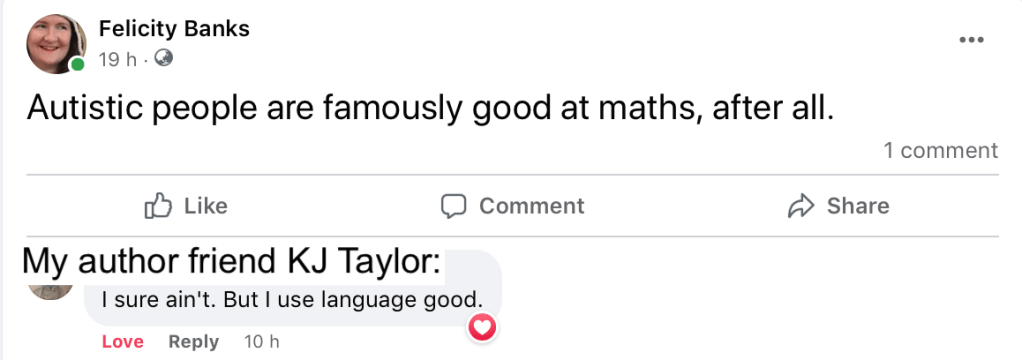

Having trouble clicking on that link since it’s a screenshot? I got you.




8:35am












It actually wasn’t, at least not in this specific instance. My flight to Canberra cost the exorbitant price of $388 due to being bought within 24 hours of departure, but the Afghan family’s flights were all paid for at the Iran end (perhaps someone at that end received CRSA’s request that they come to Canberra rather than silly old Melbourne and it simply took them fourteen days to make the arrangements). All seven seats were changed to another flight for free.
But we’re also paying bond and the first few weeks of rent for them in Canberra. Now THAT is expensive.
Hah! I just looked and someone really did donate money around 8am. Noice.

And thank you Chris, who stopped the car at Sutton Forest ready to turn back around.
*
Hey, want to hear about another fun mini-adventure we had on the way?
Carol called a rental company to ask about hiring a minivan and they said it was $160 a day and there was one available in Queanbeyan. They also said that if we rented it for two days and brought it back after one day we’d get a partial refund. And they have a system for paying tolls in Sydney too. Great!
So Chris managed to hitch a lift out to Queanbeyan from his work… where they told him he also needed to deposit a few hundred for a bond, and insurance was much more than they’d told me it was.
Which was all fine except they ALSO absolutely refused to accept payment from Carol (our treasurer) over the phone. And although Carol had already transferred a chunk of money to my account, it hadn’t arrived yet, so we didn’t have enough for the minivan.
So instead of having a vehicle for the airport, we had no vehicle…. and now Chris was stranded in Queanbeyan (which is interstate and generally considered by Canberrans to make the Afghan family’s rental home look like a palace).
BUT that turned out to be a good thing, because we never used a minivan after all that. But as soon as we missed our flight I was calling people about minivan hire rather than having to take a few minutes to sob quietly to myself in utter despair first.
*
Back to the main story…

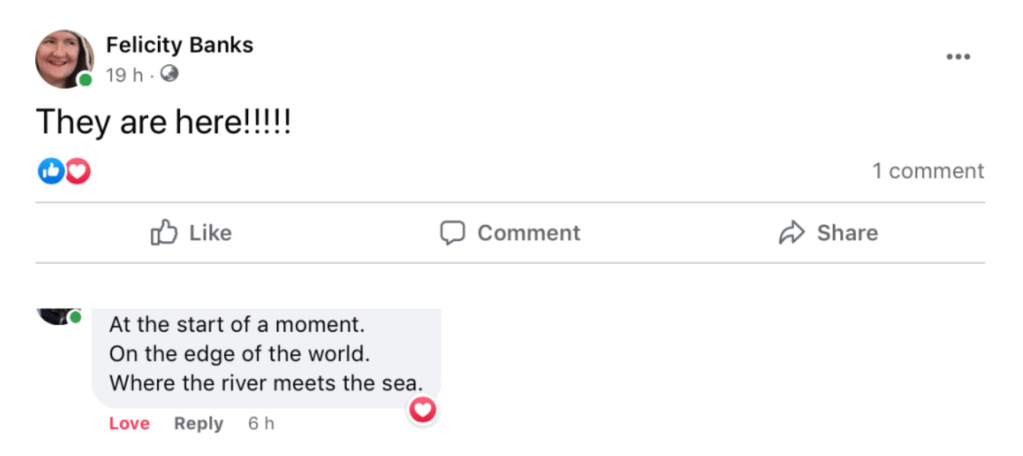
And everything was happy and peaceful forever.
30 minutes until we miss another flight.
The older son recognised me instantly and walked over. He’d already sent me this:
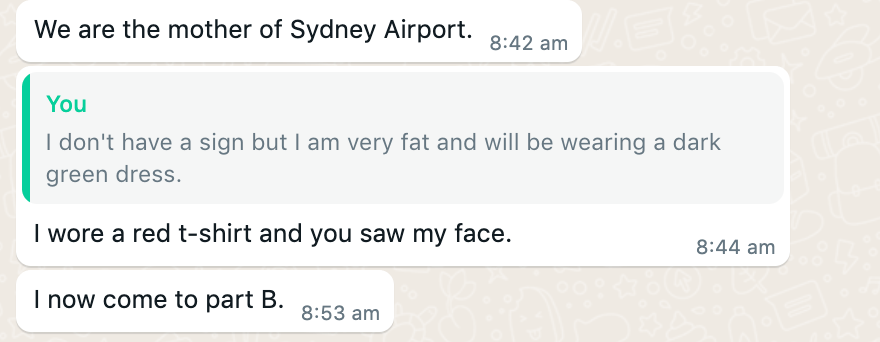
(Huh. Later in the day he referred to a gate as “Gate 1C”. So he was picking up words along the way. He will do so well here!)
We all exclaimed over one another with great love and I used my one phrase of Arabic (which is also the one phrase almost all Muslims know) to greet them, and the little one was greeting me in Arabic and I understood and she understood me and it was so good!
Mindful of the time, I gathered them up with the skill born of many hours of mime work (with other refugees) and indicated that we needed to get going.
But half the family was already dispersed among the crowd. NO WHY!?!?!?!
25 minutes until we miss another flight.
Ali explained that his dad wanted to talk to “a friend” before we left. I went and joined the huddle in the midst of the ongoing arrival chaos, and met a woman whose name I can’t remember. She spoke fluent Farsi and English with a slight accent and skin tone that suggested she was probably from Afghanistan herself (twenty years ago). She asked me who I was and I pulled up the Castle of Kindness web site on my phone (which for some reason didn’t show the link to CRSA, presumably because of my phone being too old and cranky) and started to explain the Castle of Kindness, CRSA, and CRISP. She said she needed to make a phone call but was clearly protective of the family. I was impressed that the family had made such a useful and passionate friend on their plane ride over. There was a girl a similar age to one of refugee family’s kids who clearly knew her, and there was a man around somewhere too.
Someone told me that the Afghan refugee family wanted to settle in Sydney, as they have friends there. I explained calmly that one of the key aspects of the CRISP pilot (and one that’s important to the government) is that most of the CRISP families are settled in regional areas (and yes—embarrassed sigh—Canberra counts as regional). So although the family was welcome to settle in Sydney, they needed to live in Canberra for twelve months first.
It was just a teensy misunderstanding, probably because of the flights changing. Except it wasn’t teensy after all.
20 minutes until we miss another flight.
In the confusion, it took far too long to realise that the friendly girl-child belonged to someone else and the man and woman I spoke to were NOT new friends made on the plane but two staff members of an extremely important refugee advocacy organisation that I’ll call HELP because although they did everything right I don’t want to draw any possible negative attention to them (that would be very bad for everyone). They are the government body that meets refugees at the airport in Sydney, arranges their accommodation and food, and looks after the family for 12 months.
Sound familiar?
Yeah, they’re precisely the same as the Castle of Kindness group… except they have a government contract, hundreds of trained staff including expert translators, and their staff are paid employees who are not permitted to form casual friendships with refugees (much as a teacher cannot form a close friendship with a student—the power imbalance is too hazardous so professional distance is important).
As community supporters, we (the Castle of Kindness) have minimal training, no consistent expertise beyond speaking English and living in Australia, and we are encouraged to be the first true friends of refugees arriving in Australia. The whole point of community sponsorship is to be a community. (And to cost the government little or nothing, so Australia can take more refugees.) During the lead-up to this meeting, the CRISP coordinator told us over and over not to focus on practical details (other than those that are absolutely and immediately vital) but to build a relationship with the family first.
That turned out to be absolutely crucial in a way no one could possibly have predicted.

The Castle of Kindness has been preparing to welcome this family for months. So has HELP. There had been some kind of administrative glitch somewhere and the Afghan family was stuck in the middle while we discussed their fate.
HELP had short-term accommodation prepared (a LOT nicer than ours) in Sydney, with food already there and transport arranged and a twelve-month plan laid out to settle the family in Sydney.
They had already met ‘our’ Afghan refugee family as they stepped off the plane (because they’re an official and well-respected organisation and are allowed to help people through immigration) and been their only support for several exhausting and overwhelming hours in the pit of bureaucracy that is immigration. When the older son had told me his dad was talking to “a friend” it was a simplification but it was also somewhat true. These two HELP people were the first genuinely friendly faces they saw in Australia.
And the family wanted to live in Sydney. Like most immigrants. The dad explained that there is a vibrant community of Afghans in Sydney (while I had been super proud of finding three whole Afghan families interested in meeting the family in Canberra).
And the most important aspect of the CRISP program—more important than being a friend or being helpful—is that we must empower the family at every opportunity short of robbing banks or assassinating certain politicians.
If they wanted to live in Sydney, and had the full support of HELP, that was clearly a better option for them, even if it broke the three week-old kitten that is my heart.
And I might never see them again.
And the rest of the Castle of Kindness—and all the people that donated time and money and cleaning and moving furniture and toys for the toddler and clothes for the adults—would never even get to meet them.
Here is an artist’s impression of my heart, in that vulnerable and slightly furry moment:

But the right decision was obvious. And suddenly the tables turned. HELP had wanted to check I was legitimate. Now I had to check they were. I still had a duty of care to make sure the Afghan family really was safe and happy… without us. Without me.
And yeah, it was personal.
I don’t remember ever seeing ID from the HELP people. I’m sure they had it, and I’m equally sure I didn’t think to ask for it. But in the confusion they’d probably already shown it to me. I was talking to the woman; the Afghan dad was talking to the man; I was trying to update the mother and older son about what was happening using a translation app on my phone, and so on.
I wanted very badly to sit down.
But now that I’m home I know that at that stage those HELP people could have been part of an international slave ring (all you really need is two bilingual people and a bit of sass—at that stage I didn’t know that they must have been vetted to have gotten into the immigration area. Uh, probably. I think we established earlier that I don’t really know how airports work.)
But by now HELP had had plenty of time to observe me, and the results were… not good.
10 minutes until we miss another flight. But that doesn’t matter any more, does it?
At a writing conference, people can guess my preferred genre just by looking at me. I always wear ankle-length skirts and dresses. (When I was given my beloved recumbent bike I had to buy pants to ride it.) On a good day I’ll wear a corset too. Why YES I write fantasy and steampunk for young adults (and one picture book for refugee kids to read with their parents in various languages, which is in my store here). I am what the Enneagram personality thingy calls an “Individualist”. I prefer to call myself a “delicate flower” which is particularly amusing given that I’m morbidly obese and nearly six feet tall. But it certainly describes my health.
Also, sweaty. Remember how I mentioned that would be important later?
Also, dishevelled.
Also, there is half-erased writing all over my left arm because when I was organising stuff after the flights began to rapidly flicker in and out of existence it was the simplest way to keep things in my head (or near enough) long enough to sort them out. (One bed was broken, could we replace it in time or would the older son have to sleep on a mattress on the floor? Who would transport the new bed if we got one? Did the family have a microwave? Did we ever tell them the unlock code on the phone we bought for them?)
Also, there are several bandaids on my wrist and hand. Enough to make people think, “Why is that grown adult wearing so many bandages? Was it just a funny accident or something more sinister? Are they slightly uncoordinated or is something very seriously wrong with them? Could they be dangerous to others?
And I have a lot of visible injuries from cat scratches that are healed JUST enough to look like permanent scars from self-harm.
And two deep-purple bruises at my elbows from the hospital cannulas. Needle marks, clearly both recently and poorly made.
And with a distinct manic air.
And looking at the floor like I really wished I could just sit down on the concrete.
And moving weirdly, as if there’s something wrong with my muscles.
Well, that’s another flight gone without us on board. But who cares? Nothing matters anymore.
Ultimately HELP decided I was a threat and the family needed to be separated from me for their own safety.
HELP refused to tell me where they were taking the family. They were hesitating to even tell the family where they were being taken because I announced clearly that the Afghans would just tell me themselves where they were living. (Because I am sometimes good at getting past stupid bits of red tape, but I am never good at lying.)
The family, especially the oldest boy, knew and trusted me—so the negotiation wasn’t over even though they definitely wanted to go with HELP. They weren’t going to stick around forever, when there were two people who spoke their language insisting that I was just an error or worse.
HELP had a difficult choice because we all know empowering the family is vital, but I looked sketchy, speak no Farsi, and was making wild claims about the government and a “very new” program for refugees.
I had already called three CRSA people…. and got three answering machines. They had already been told that I’d fixed the latest disaster (missing our flight, for those who have lost count) and we’d just take a later Qantas flight. They had no reason to think anything else would go wrong—or that I couldn’t handle it.
One of them SMSed me back.

See that unredacted naughty word? I’d normally redact or rephrase but this is one of those times that swear words are specifically invented for. Apart from anything else, my contact would know that the emergency was a legitimate emergency because she’s never heard me swear before (unlike—sigh—my kids).
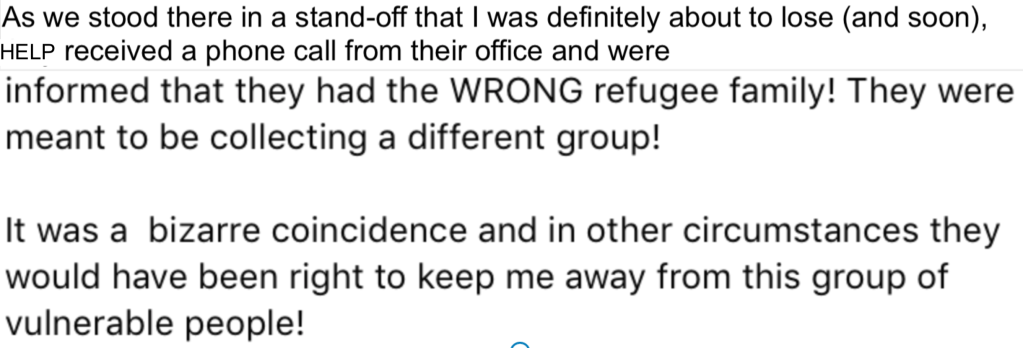

So while MY Afghan refugee family received top-notch translation assistance, another family was not met by the help they had been promised. It took a while, but that other family found someone who called the HELP office and the HELP office called the man and woman who were talking to me.

The HELP translators hurried away to assist the family they’d accidentally abandoned in Sydney airport (pausing only to tell me what happened, and that the mum is an incredibly sweet lady), and the family was mine again. After a brief but slightly plaintive plea from them that, “We want to live in Sydney” (“I’m sorry but legally you have to live in Canberra for at least one year—after that you can move to Sydney”), we began moving.
The family had been through the emotional wringer followed by a very confusing tumble-dry that didn’t end the way they wanted.

Yup.
And the family was starving. We badly needed to get to the domestic terminal so I tossed them some school snacks I’d grabbed from my own shelf the previous day. It’s not easy to hustle six people through a crowded airport. It was very handy knowing their names.
They asked me only one question: How long is the flight to Canberra?
That broke my heart a little.
The flight is only an hour… but it would be two more hours before we got on it.

The random prissy person was taking up two seats in a crowded bus and was mad at the mum for standing too close as she (the mum) tried to look after her family while prissy missy shoved at her from behind. It’s entirely possible she wasn’t racist but is just an all-purpose jerk.
But random #2 was great. He heard us talking and offered to translate. After all the confusion, it was very worthwhile to explain things a second and third time, because sudden major switches in plans are hard to take in. Ask me how I know.

It turns out we actually HADN’T missed another flight. The next flight with seven seats available for us wasn’t flying out until 12:30. So that was the one we would take. I have no idea if missing two flights in a row would cost money (missing one didn’t cost anything, which was nice). So I guess we’re lucky our replacement flight wasn’t the one I asked for.
We checked in the bags. The Qantas service desk lady was fantastic. Her face actually lit up when I said, “We need help… a lot of help.”
Security was tricky as our phones (and their translation apps—SayHi is best for Farsi aka Persian aka Dari) had to go through the x-ray machine and meanwhile the Afghan mum beeped with just SO MUCH metal all over her body. So she had to be wanded and frisked. She handled it with complete grace but it was extremely difficult for the security lady to mime, “I need consent to frisk you wherever the wand beeps.”
CRISP group tip number eight or so: Have a plan for security if you’re going through security with your refugees. Explain the process if possible. Also warn them that if they have metal (eg valuable jewellery) under their clothes they will get very thoroughly frisked (and honestly may end up strip-searched). Use a handbag instead, as you can keep a handbag with you.

Everyone was way too tired to select their own food (bacon burgers are NOT a great option) so I grabbed the seven most expensive bottles of water on the planet, three fruit salads, and a plate of chips. It seemed like the food least likely to mess with their stomachs and most likely to be recognised, respectively.
The older son told me with great joy that the Turkish flatbread my godparents had provided was as delicious as the bread from their region.
CRISP group tip number nine maybe: Turkish bread and hommus for the win. Probably for a huge swathe of nations. [Edit: I found out later they don’t like hummus at all. Way to buck the stereotypes, you guys.]
The mum made sure I ate.
And now I’m getting misty-eyed again. I actually barely talked to her, focusing on the older son because he’s clearly the closest thing to a translator that we had, and on the toddler because toddlers are both adorable and exhausting.
We took group photos here, but I don’t have consent to share them so I might add them later.
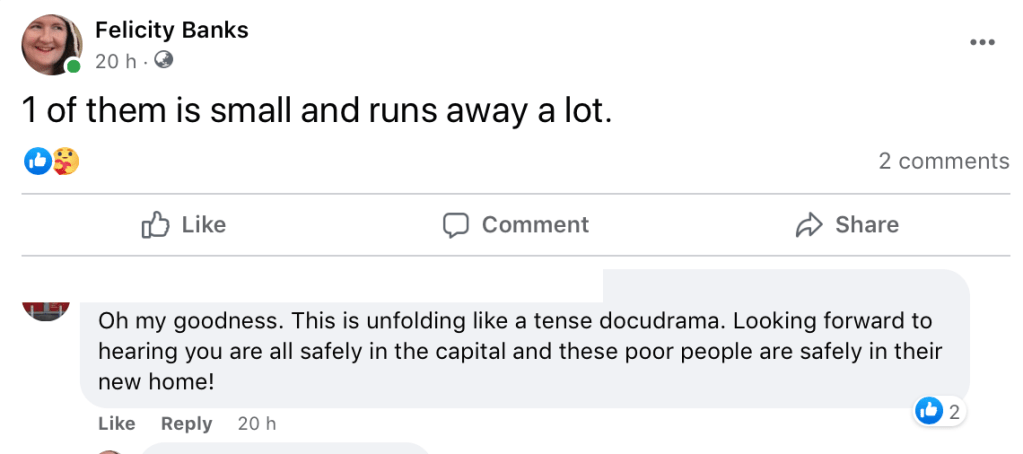

This is Cinnamon, who is 100% a Cinnamon roll even though he is the author of all the minor scratches on my hands (from when I first caught him as a feral… two weeks ago).





I found out Cat was on my flight when I was gazing blearily at the board to see which gate to go to and her husband Mike (also a friend) walked up beside me and said, “I believe you’re going to Gate 1C.” He’d been watching the entire saga unfold on FaceBook.
So yeah, I happened to end up on a flight of fifty people and one of them was a friend of mine. Who was sitting in the same two rows where the Afghan family and I were sitting. I could not have organised it better if I tried.
Speaking of my organisational skills, my bra unzipped at this point. I moved behind a pillar and managed to reach down the front of my dress and zip it back up out of the family’s sight.
Then I looked up and saw Mike with a somewhat confused expression on his face. Oopsy. Well, I didn’t flash the refugees and that’s the main thing.

Another fell asleep as I tweeted that. I woke them all when it was time to go, and one raced off to the toilet—giving me one last thrill before we got on the plane because none of us had any idea where he was. But he knew what he was doing, and was quick. (So yes, I lost two of the six refugees even AFTER I nearly got them kidnapped. Shut up.)
All of them conked out before we left the ground. The toddler slooowly slipped off her mother’s lap onto the floor, and her father picked her up and rearranged her. Cat helped him prop her up against the window so she could be buckled in ready for landing.
CRISP Pro-tip #10: You cannot use the internet on a plane (or in remote nature reserves, as I have had reason to know with other refugees), which means you can’t use translation apps. Make sure you explain beforehand that they need to do up seatbelts (even for a baby, although infant seatbelts help) and lock up tray tables any time the seatbelt sign is on.
One kid utilised the tray table for sleeping and was so exhausted that rather than try and wake him and mime about the tray table (not an easy concept for a child that had never been on a plane before) I physically moved his sleeping self and locked up the tray for him. Interestingly, that is the kind of thing other refugee organisations CAN’T do. They HAVE to have consent, especially with a child. But I am not a government organisation, and if I know for certain the family would rather not be woken, I can use my discretion.
I was also grabbing the female kid’s knee and holding it in place so she didn’t get bashed by the food trolleys. So I manhandled the refugees quite a bit, really.
Carol (from the Castle of Kindness), Terry (a Castle member’s ex-husband!), and an Afghan friend of ours (also a refugee, that we mentored last year) met us at the airport with a car seat and plenty of love. And Farsi.



Basil is Cinnamon’s sister but I caught her about a week after Cinnamon so things aren’t going as smoothly with her socialisation (although I HAVE learnt my lesson and not been bitten or scratched since The Biting Incident).
I also have two adult cats.

Here’s a record of one more conversation with the oldest boy. (“You” is of course me. Uh, you get it.)

So! All this was merely the prologue. Our sponsorship journey is barely begun. Terry isn’t actually part of the group but has helped us in the past. The oldest boy has already said how funny Terry is (HOW DOES HE KNOW SO SOON??)
In the car Carol said, “I’m taking you straight home to your house, aren’t I?” and I hesitated and then said yes.
What’s that you say? You would like that GoFundMe link one more time? Sure!

Go here if you’re interested in forming or joining a CRISP group. There are loads of groups, and more all the time. If your life is boring or lacking in meaning, sponsoring refugees is very likely to fix that for you.
Our refugee family was nearly kidnapped in front of me when they first arrived in Australia: Part 1 of 2
Alternate titles:
The black cat that cursed a refugee family’s first day in Australia
The bad hair day that nearly got a refugee family kidnapped
Don’t Look Like A Crackhead and other surprisingly important lessons in refugee sponsorship
A guide on how to avoid accidentally abandoning a refugee family in the wrong city five seconds after they land in their new home country with no English and a toddler with a penchant for running away
Oops, we lost one: what not to do when you have primary responsibility for newly arrived refugees [technically I lost two, but at different times]
—-
I run the Castle of Kindness Refugee Sponsorship Group. We are ordinary people who welcome a refugee family once a year and look after them, including setting up a fully-furnished house for them, teaching them English (sometimes from scratch), and spending fun and silly time with them.
We are trained and guided by Community Refugee Sponsorship Australia, a group that formed in 2018 with the goal of reforming Australia’s extremely awkward and expensive refugee sponsorship system…. and they’re succeeding! They are working with the Federal Government on CRISP: Community Refugee Integration and Settlement Pilot right now, and have helped welcome about a dozen families so far.
We (the Castle of Kindness) have mentored three refugee families so far (families that were under the care of the Red Cross but benefited from having another refugee organisation on the side), but today I was at Sydney airport to welcome an Afghan family of six entering Australia for the first time. This time, the Castle of Kindness had the first and biggest responsibility for the family.
That vital first meeting…. did not go smoothly.
Here’s a few posts I made about the days leading up to their arrival, and what happened next.

We had fifteen days to make final preparations: they would arrive in Canberra at 10pm on Thursday 22nd June, coming via Melbourne. We made plans for Carol to meet them in Melbourne, utilising the airport chaplain and a local translator to help them through immigration.

21 June.

(You can see and buy prints by Qusay in the “Marhaba Arts” Etsy shop I run for him. Or just email CastleOfKindness@gmail.com and it will come to me.)
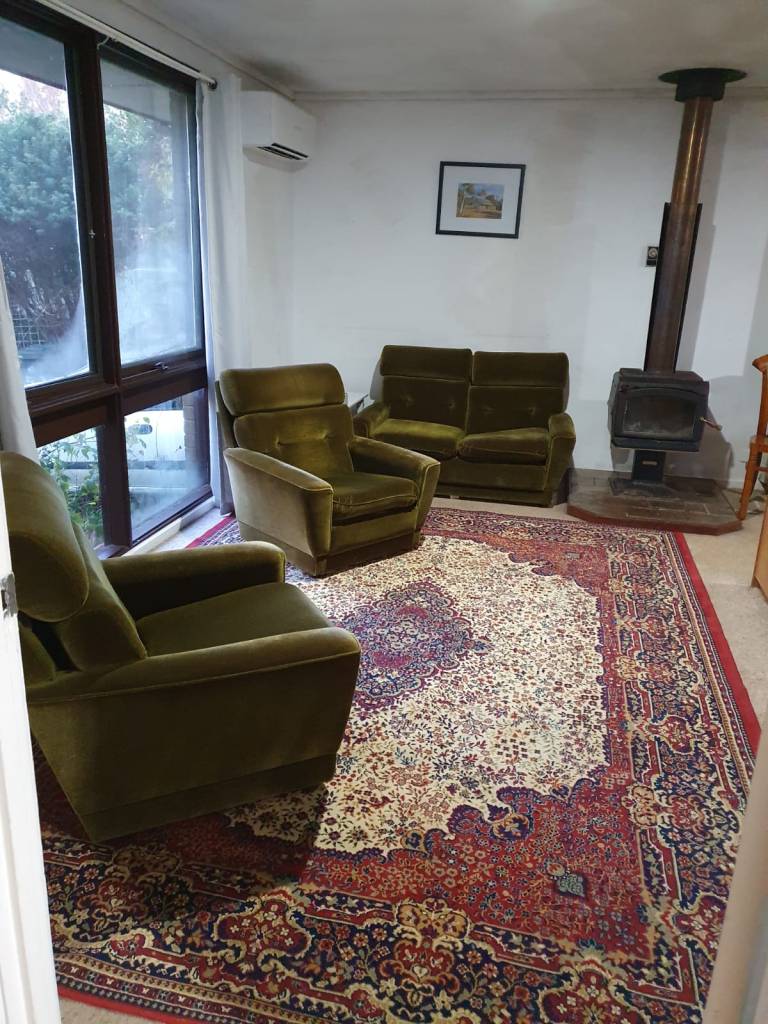


That’s my daughter in the kitchen. And yes, it’s a 1970s ex-government house that has never been updated. There’s a very particular look and feel to ex-guvvy homes that Canberrans know well. It is short term accommodation only, at a brilliant location (walking distance from a shopping centre AND from my house), and extremely cheap by Canberra’s standards. Because it’s only short-term, it gives the family the ability to choose where they want to live (very important for their autonomy).
It wasn’t even cleaned properly for us, but the remaining functional group members and a couple of other brilliant community members spent many hours cleaning it and sorting ALL the furniture, bedding, linen, and food we’ve been organising since we were matched with the family in February this year.
I mentioned that a group member was in hospital? Yeah, that was me. Which also meant a group member (Chris, my husband) had to be a single parent for several days while also running errands and caring for his dear wife in her time of need.
Except of course that he always has to care for me to some extent because I’m disabled by (among other things) fibromyalgia. It’s a chronic, incurable pain condition. It hurts for me to stand or walk and I sleep about ten hours on an average day. Coordinator is a great role for me because I’m a patronising control freak (or as I like to say, “benevolent dictator”—and I work hard to stay benevolent) and I can do almost all of it from my bed.
So why was I in hospital? Because when I’m not running a refugee sponsorship group and occasionally throwing chicken nuggets at my two special-needs kids, I foster feral kittens. It’s very new, so I foolishly handled an adult feral cat without donning a full set of armour first. As a result I ended up in hospital with an infection that required IV antibiotics and surgery. My finger is technically still infected and I have to go back to hospital tomorrow (Friday) to see if I need a second surgery. I was discharged last Saturday and told to rest and heal, or face the consequences. And, although I love the drugs they give a girl for most surgeries (which also fix all my fibromyalgia pain for about half an hour after I wake up), this type of hand surgery uses a local anesthetic injected directly into my nerves. It hurt like giving birth (not an exaggeration) and I don’t EVER want to go through that pain again.
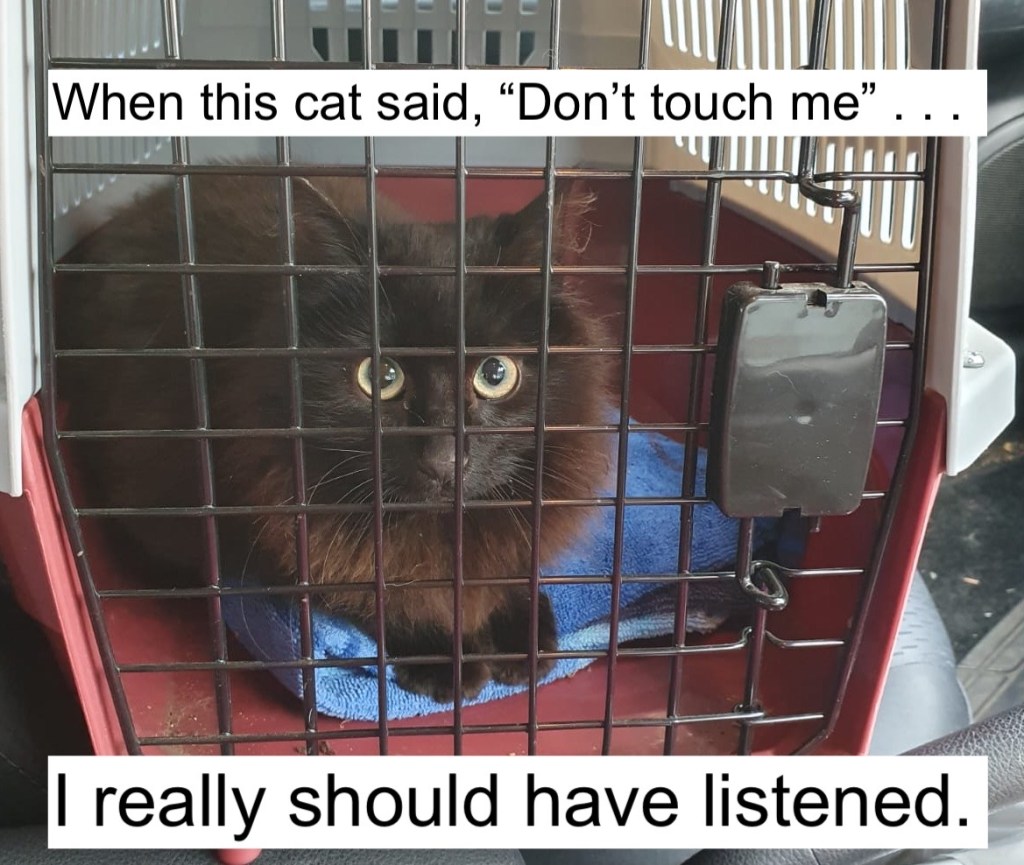
Lesson 1 for CRISP groups: If at all possible, make sure every group member has a reasonable amount of free time during the most intense early weeks of the sponsorship journey. And are in the right city. And don’t start any other charities or dangerous jobs immediately before the likely arrival date, like some kind of extremely silly person.
Due to technological and language difficulties at the Iran end, the Afghan family only found out they were coming to Australia fifteen days before they arrived. They speak no English whatsoever. I speak no Farsi, and nor does anyone else in the Castle of Kindness group. The family has been living in Iran as refugees for thirty years and all four children were born there. The oldest is twenty and the youngest is a toddler.
I was able to talk to the oldest on WhatsApp. He was obviously very tech savvy and without prompting was replying to me in English (so now I write to him in English, he translates it into Farsi using Google Translate, writes his response, and translates his response into English… and then pastes the translation into WhatsApp for me). Cool. I sent him photos of the house to give them all an idea of what to expect (without saying something vaguely threatening like, “The house we got you is suuper gross and ugly with an energy rating of minus five stars”). They’re used to four seasons including winter mornings similar to Canberra, so that was reassuring.
I sent pictures of my cats (and kids, and the rest of the Castle of Kindness) and asked a few questions, while trying not to bombard him with pre-arrival interrogation or ask semi-racist questions like if they were living in a tent with a communal pit toilet or something like that (which might mean we needed to teach them “living in a house” type skills like flushing a toilet after use).
It often took eight hours or so for messages to reach him but we did okay.
He is a cat person, so already showing signs of being an intelligent and discerning individual.
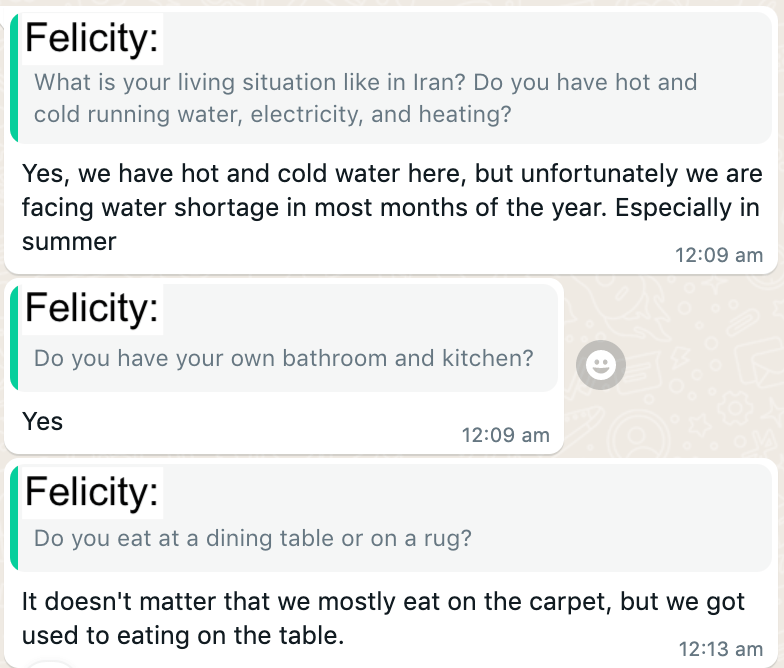
Translation apps are incredible, but they’re not perfect.
We got a fridge (free, and the right size) and some help, mainly from a group member’s grandsons who were visiting her that weekend (for only the weekend, so their time was doubly precious). And my uncle, who is over seventy but considerably fitter than most people I know. Chris is literally the only male in our group so of course he was on “Driving the truck to Cooma and fetching large furniture from an upstairs room” duty. Among many other jobs.
Lesson 2 for CRISP groups: Try real hard to have several able-bodied people in your group (or associated with it), and a range of genders (for different areas of expertise and for cultural sensitivity so all arriving genders have someone they feel comfortable talking to).
Wednesday 21 June: the day before arrival day:
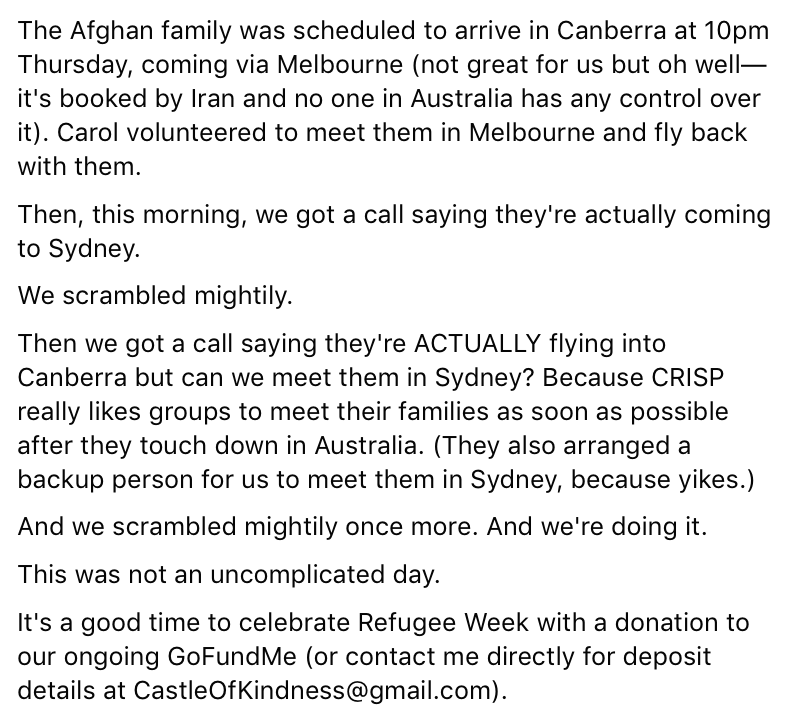
My godparents live in Sydney and are two of the nicest people on Planet Earth. Their house is host to a constant stream of visitors including their adult kids, their godkids, and randoms from all walks of life. I called them up around 11am and said, “Can my family and possibly one or two other Castle of Kindness people and/or friendly translators stay with you tonight and possibly tomorrow night as well, and tomorrow night can we also bring another six people who don’t speak any English and will be extremely tired? I have some air beds. We’ll also need to pick them up at the airport at 6am and do you know anyone with Farsi and/or a minivan?”
They laughed with the kind of manic glee that I very much appreciate, and said, “We’d love to have you and anyone else; we’ll be out tomorrow night but you can help yourself to anything in the house; we don’t know any minivan owners but might have a distant connection to a Farsi speaker; and do you need us to come to the airport with you to help pick them up?”
Then they immediately went out and bought Weetbix for Chris to eat, and Turkish flatbread and hommus for the Afghan family.
I am so incredibly lucky to know these people. And so is the world. You’ll never guess why they’re busy Thursday night. . . they’re in the process of forming another CRISP refugee sponsorship group with a bunch of other people. (There are about eighty groups around Australia, and more all the time. You need at least five adults and a little bit of training and paperwork that CRSA helps you to do.)
When we found out that a flight to Canberra had been booked, we altered the plan again. Chris and I and the kids would stay with my godparents and Chris would drop me at the airport on his way home. I’d meet the family at the airport and fly with them back to Canberra. The godparents would never see them… or us, because we’d arrive at 10:30pm and leave at 5:00am. I was very annoyed to not get to bask in the warmth of their love for me but I’d just have to soak it up through the walls this time.
Did I mention they’re recovering from covid and very tired?
They were glad they didn’t have to join the airport run.
But.
They both got up at 4am so they could talk to me. I’m getting misty-eyed just thinking about it.
Everything went more or less smoothly from 4am-6am of arrival day (Thursday 22 June—the winter solstice in this hemisphere) except I was sweaty from frantic packing on Wednesday and didn’t have time to shower. I changed my clothes and hoped the refugees didn’t notice.
It turned out that my sweatiness nearly got the family kidnapped.
Lesson 3 for CRISP groups: Try not to look like a crackhead when meeting the family.
But for the most genuinely terrifying part of this incredible story, you’ll have to wait for Part 2. (You won’t have to wait long; I clearly need to debrief before my body will let me sleep.)
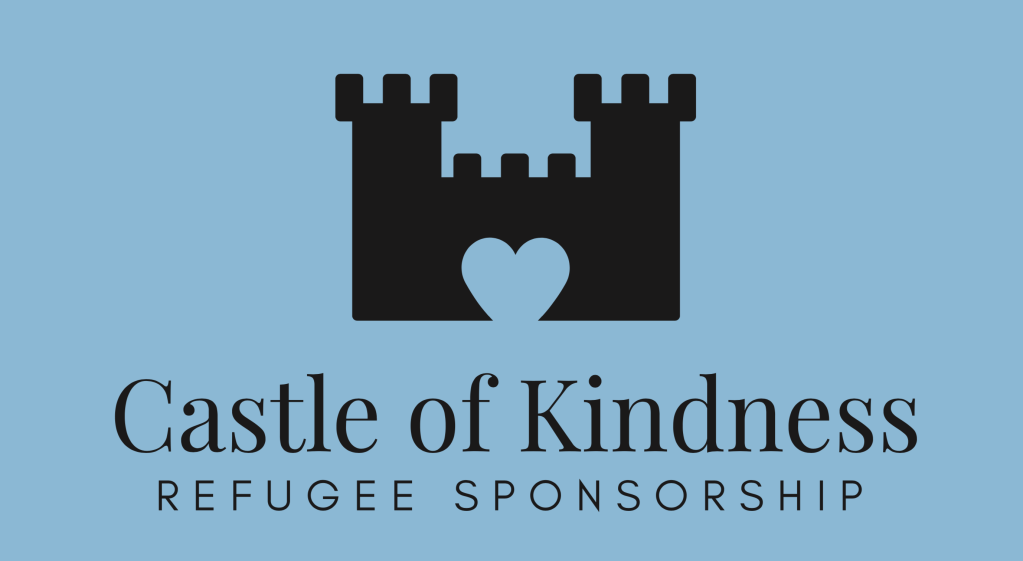
Part 2 is here.
Spicy Kittens (Part 2)
Cinnamon is fond of me and the kids. He (yes I think he’s a boy) views Chris with suspicion, because he hasn’t seen Chris as much. He purrs when we pat him, does adorable stretches, washes himself, and falls asleep.
He is still extremely cautious, barely even playful at all (which I’m starting to worry about). He also has worms, which we treated last night.
He is underweight for his estimated age of 8-9 weeks, but gaining fast. He’s scared by new locations but not particularly scared of our cats. They are terrified of him.

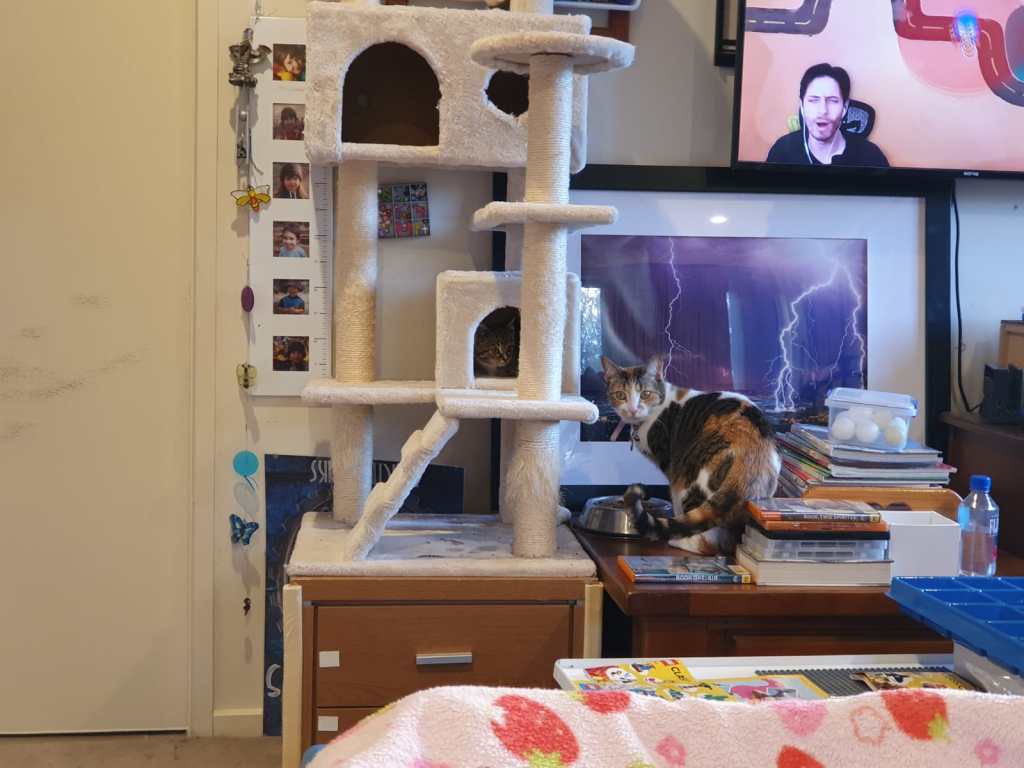
He’s in the cat tower here, where he stayed for a while. Then he meowed at me to take him ‘Home’ to the bathroom/bedroom.
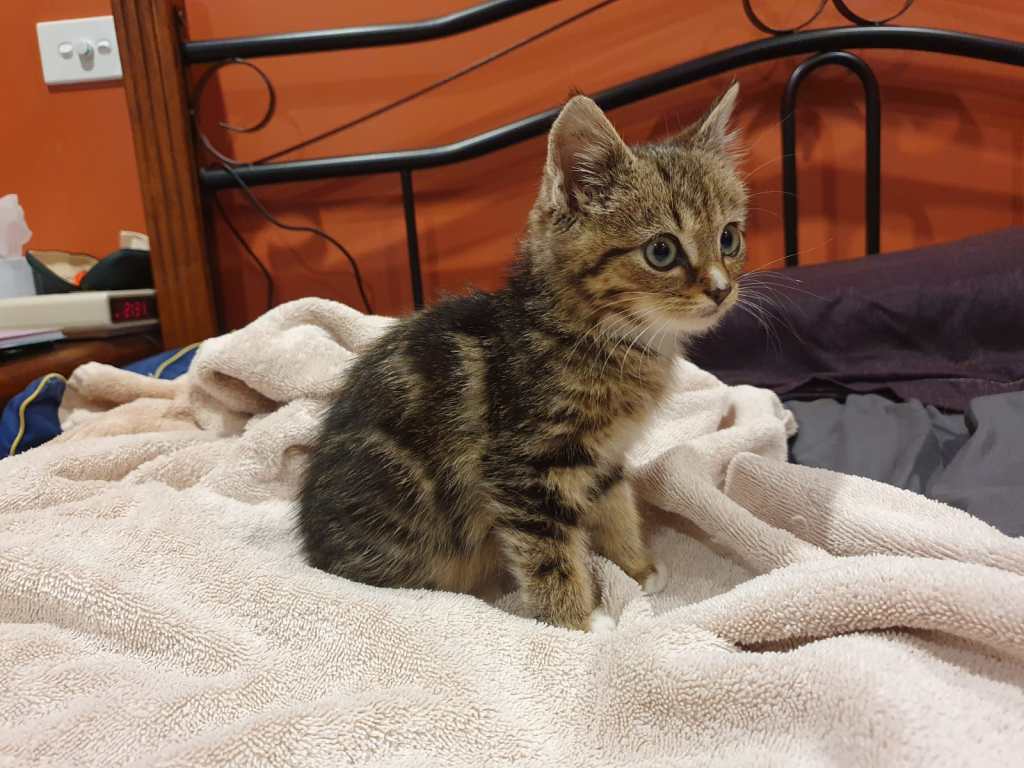
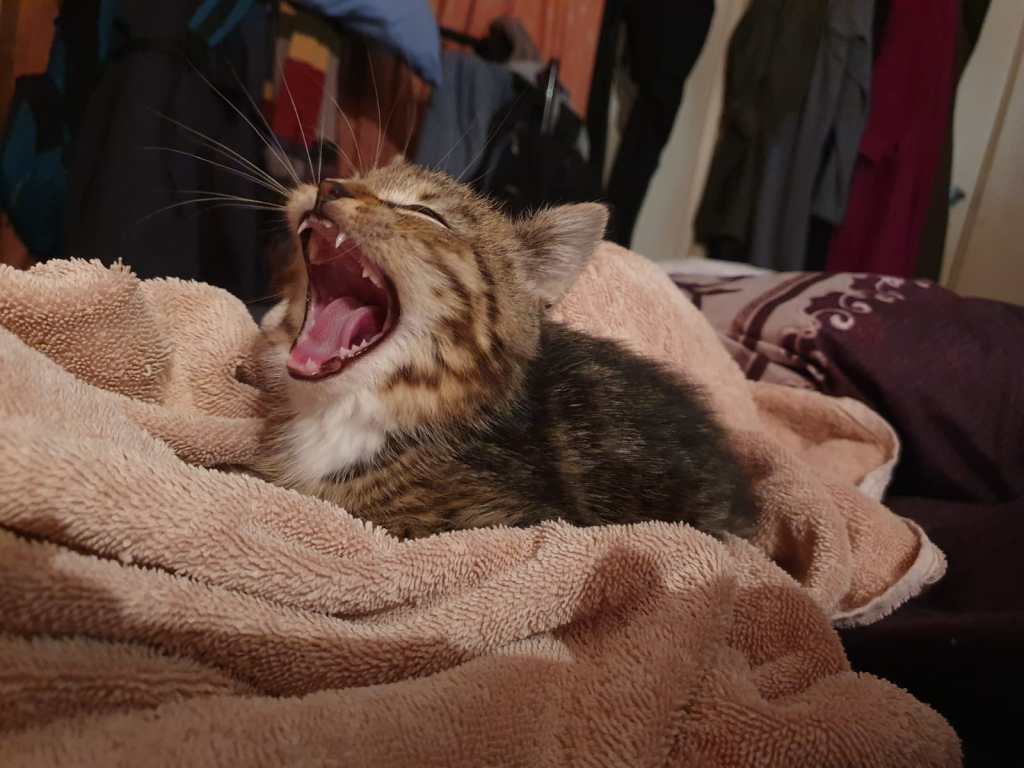
He loves grooming his pet humans.
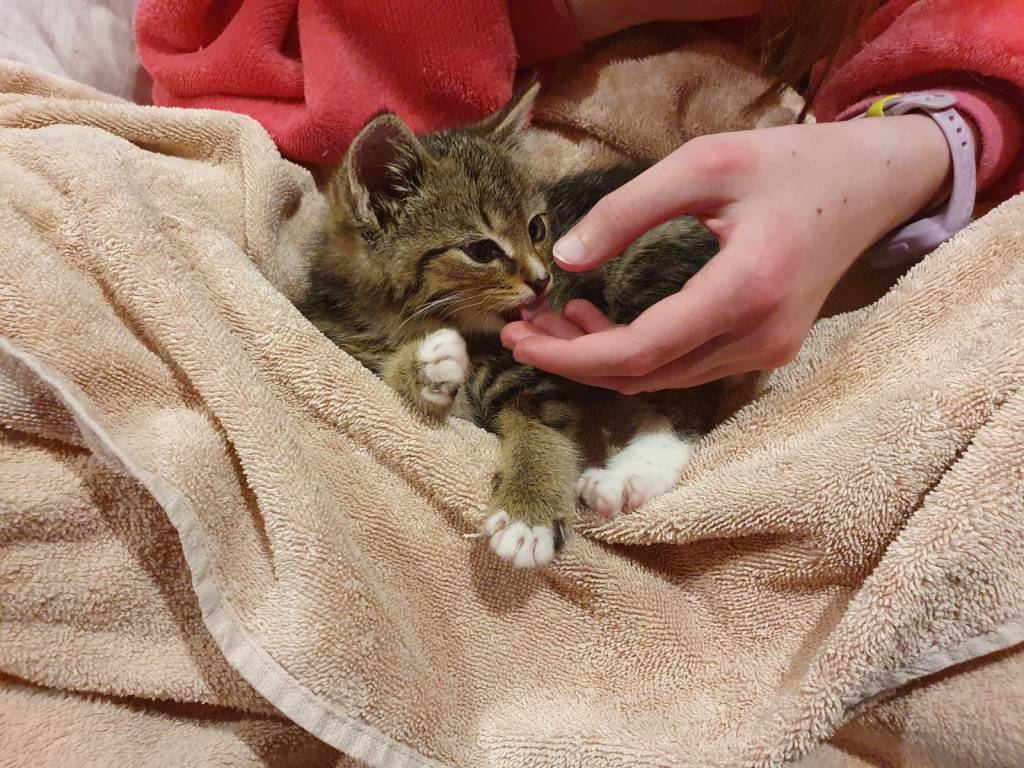
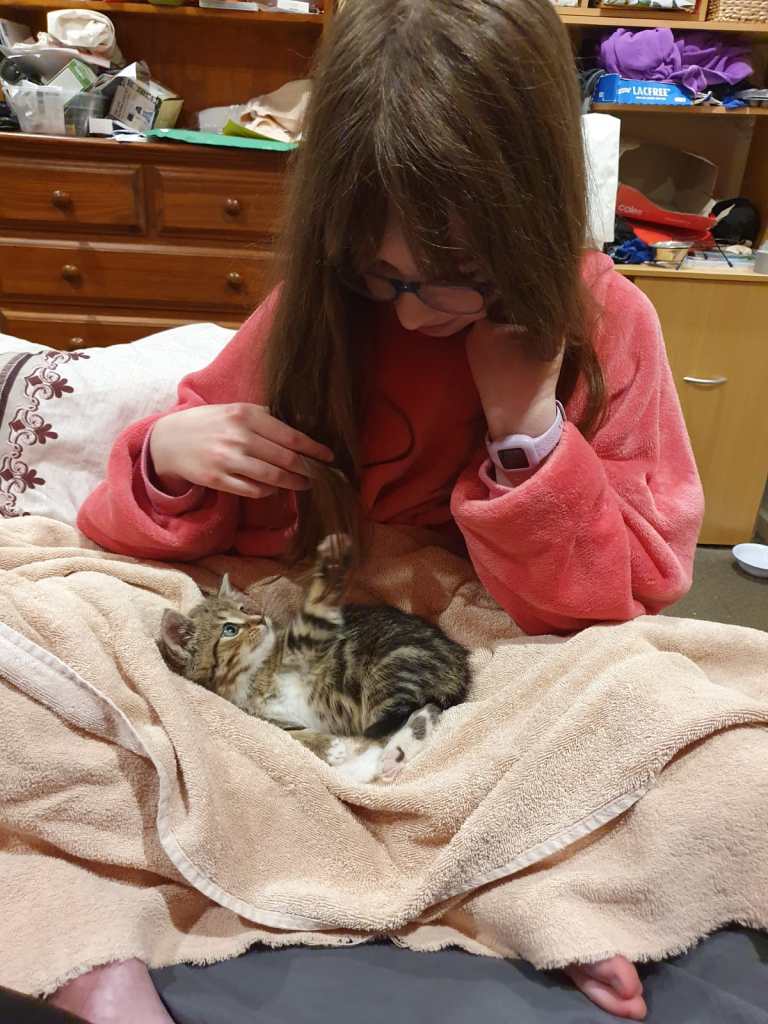
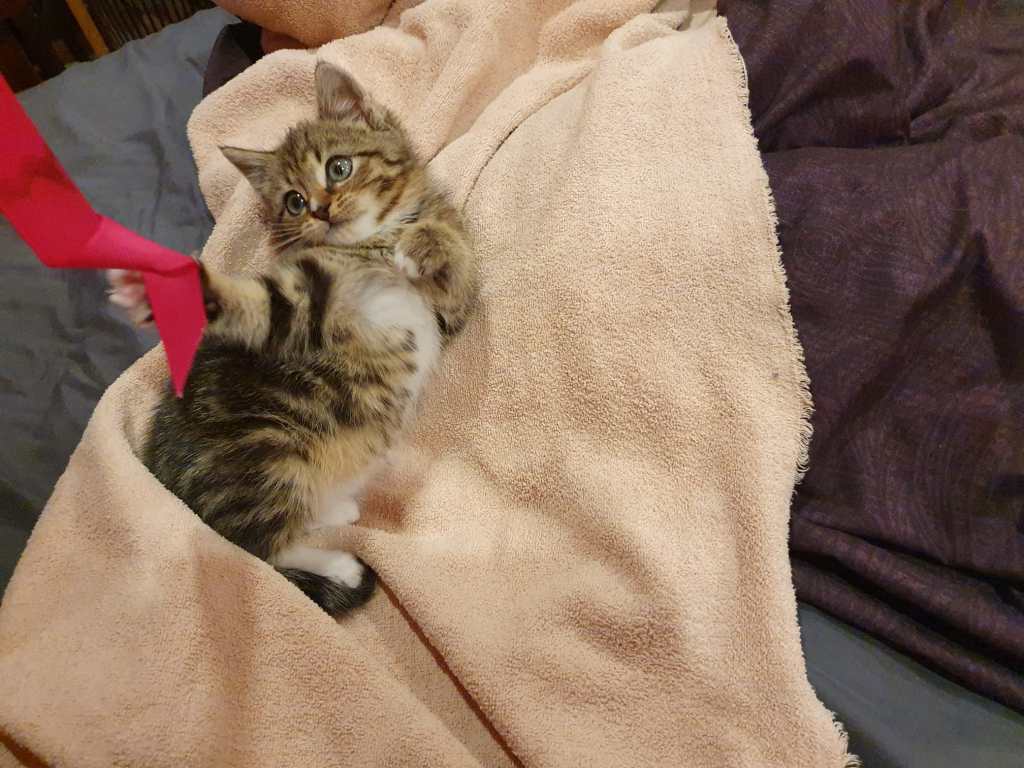
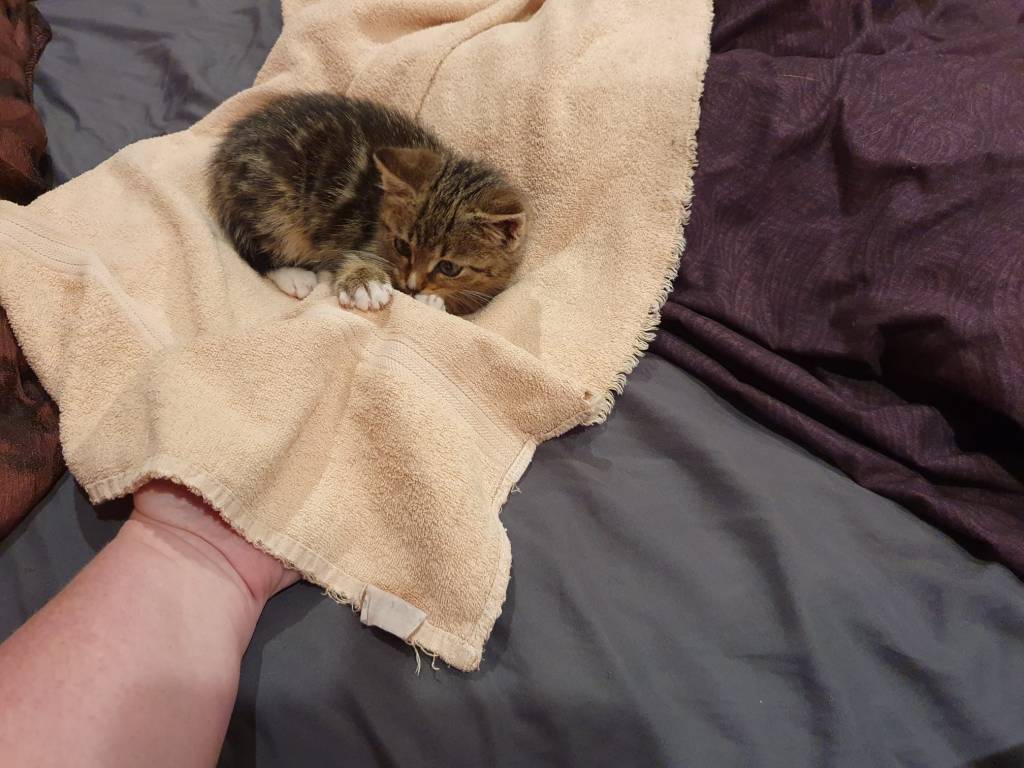
My teenage nephew and I spent over an hour trying to catch more last Wednesday, and failed. (Partly because my nephew is too soft-hearted.) But I reckon I’ll try again on Monday, since it’s a public holiday so my kids will be at home with their dad.
The colony gets fed around 5/5:30 each night, so that’s the only window of opportunity for trapping more. There are at least three more kittens: Pepper (black shorthair), Beardface/Basil (dark and fluffy with a white chest), and another fluffy one.
The RSPCA’s Volunteer Coordinator (and trainer) is on leave for at least another week so I definitely can’t foster them via the RSPCA but two people have donated $100 each so I can at least foster Cinnamon. But of course I really want to foster two together so they don’t get Single Kitten Syndrome.
And I have started looking for work as an editor and/or proofreader—from home, about 10 hours per week. If I can get a job like that, both my health and my family finances will be better off. But there are thousands of novelists (published and unpublished) in Australia who would like to use their writing skills for money, so it won’t be easy.
Or maybe it will be, who knows? I cold called a great company yesterday and they said the CEO would call me back after a meeting. They didn’t… but maybe I’m on a to-do list somewhere.
In big news, the Castle of Kindness Refugee Sponsorship Group was matched with an Afghan refugee family back in February, and we were just given an arrival date later this month. We have signed a lease on a short-term house that is very close to mine, and we’ll be moving in next weekend!
Corsets & Roller Skates: History is Stranger Than You Think
This post was originally written for a guest blog for someone else (I think).
This photo was something I came across while trying to sort out one of my many email accounts. It’s very strange to think that this is really me. THAT TINY WAIST! I was going to post it with a good solid whine about how two of my most important medications also cause massive weight gain and how much that sucks, so… I guess I just did, hey?
Let’s start the post then, which I wrote back in 2015.
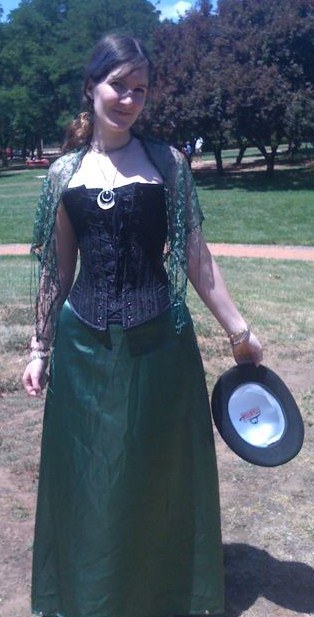
Yep, the Victorians were insane… but not in the way you might think.
My interactive novel Attack of the Clockwork Army is steampunk, and features a family of mad scientists. They don’t think of themselves as mad, and by real-life 1850s standards they barely count as eccentric.
As you may have guessed by the title of this blog entry, it was the Victorians who invented roller skates. Casting an eye over patents of the era feels like reading a particularly ludicrous sci-fi novel. The Victorians invented an enormous and noisy device that (allegedly) automatically brushed down your horse. It featured long, spider-like iron arms and an array of cogs, wheels, belts, and counterweights. Any horse worth its meat would have taken one look and kicked it to pieces.
The Victorians also invented the moustache protector, the steam-powered lawnmower (which weighed over a ton and was remarkably difficult to either steer or brake), and (a personal favourite) the anti-garrotte cravat.
I’m fond of the cravat because it’s linked to my particular area of interest: Australia. When Australian residents managed to put a stop to the convict transports to Australia, Londoners feared that all their home-made criminals would be stuck on their own island, and could attack their own people at any moment.
Perhaps now is a good time to admit that I am, in fact, Australian.
I researched 1800s Australia in preparation for inventing my own steampunk version of that history, and to this day the more I read about the era the more incredulous I become.
Cross-dressing, for example. Australia’s early law enforcement was horrifically corrupt, and that corruption was especially blatant on the goldfields. People flocked to Australia from all over the world, and some became fabulously wealthy. Others were so unsuccessful that they couldn’t even afford to pay for a gold-digging licence. The licences were severely overpriced, and the fees for lack of a licence were even worse.
And that, dear reader, is why scores of tough colonial men would greet the local lawmen dressed in full female regalia, and claim that their “brother” or “husband” was elsewhere – “and he has the licence of course, officer.” It is frankly unbelievable that this worked, but it did.
And then we come to the Bentley family. Mr Bentley owned the Eureka Hotel on the Ballarat goldfields. He was good friends with powerful British men (including the magistrate), and was wealthy. One night when a drunken digger yelled to be let into the hotel for a few more drinks, Bentley refused.
From there the story gets murky, and the true events are still being argued over today. One thing is clear: the digger was dead by morning.
According to the small amount of evidence available, Bentley either did the murder or knew who did, but he was not convicted by his powerful friend. It looked like he’d get away with it. Some eyewitnesses said he followed the digger that night and killed him. One eyewitness report actually implies that his pregnant wife did the deed. (Never, ever mess with a pregnant woman.)
The simmering anger on the goldfields soon exploded, and Bentley’s hotel was burned down. For reasons that have never been fully explained, Bentley fled the scene alone on a borrowed horse… wearing a dress.
So if you think steampunk cross-dressing is unlikely, think again. And next time someone on roller skates nearly knocks you over, just be glad they’re not insisting you wear a corset and crinolines every day.
My interactive steampunk novel, Attack of the Clockwork Army is set in Australia. You can choose to be male or female, gay or straight, black or white. You can even choose to fight for the British, or not to fight at all.
The book is available as a Choose Your Own Adventure-style app for your device on Amazon, Apple, Android, and Chrome. You can also buy it directly from the publisher (an easy way to buy and read it on your computer).
The app stores list it as “free, with in-app purchases”. What this actually means is that the beginning is free, and then you pay $5 (once!) to read the rest.
https://itunes.apple.com/us/app/attack-of-the-clockwork-army/id1042824941?mt=8
https://chrome.google.com/webstore/detail/attack-of-the-clockwork-a/oojmcpcnhdedgiegdocaedonlgfhlpgj
If you want to know about ALL my interlinked magical steampunk tales, take a look here.
300+ Books That I Love to Read Over and Over Again
I finally sorted 700+ books on my kindle, and these are the ones that are good enough they’re on my “Favourites” list, meaning I’ve read them at least twice and plan to read them many more times for the rest of my life. There are over 70 authors here.
Please note: I have carefully NOT included people I consider friends, or who I might possibly run into at the supermarket. Let’s just assume that if you’re a writer and you know me, your book would absolutely definitely be at the very top of this list.
I’ll be going alphabetically by author, and keeping my reviews as short as possible, but linking to some of the blog posts I made along the way as well. The links also include comments on books that didn’t make the list.
In many cases I haven’t reviewed a full series because it’s either unfinished, or I like the books enough to re-read them but not enough to buy more (in some cases I can’t bear for the characters to go through more pain, so I stop the series at a reasonably happy point). More often, however, I just haven’t gotten around to buying more. In fact, I bought quite a few books while doing my great book sort—what joy, to rediscover an old book AND discover more in the same series!
I’ve tried to note where there is sexual violence or explicit mental health issues, but there’s a lot of books on this list so I’m not 100% sure I’ve remembered them all.
There are so many extremely (suspiciously) similar covers, that I’m only including pictures of covers that look uncannily like covers by a different author in this list.
Sometimes I see repeating themes in different books by the same author. Other times I really need to describe their different books separately. If there’s a series, I usually only describe the first book.
I’ve marked with an * the books that I think most people will find to be truly great and/or literary writing. My personal taste runs strongly to non-epic (often young adult) fantasy adventure stories.
Aaron, Rachel: “Minimum Wage Magic” (but not the rest of the series)
Title says it all: Realistic fantasy with deadpan humour. More detail here.
Allain, Suzanne: “Mr Malcolm’s List”
Austenish romance with plenty of humour. More detail here.
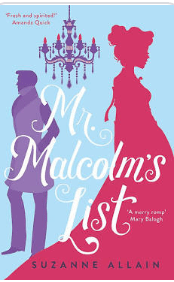
Anders, Charlie Jane: “The City in the Middle of the Night”
Cross-cultural scifi with a LOT of pointless and sudden death as young people try to fix one of three societies in a hostile planet. More here.
Andrews, Ilona: Innkeeper series, starting with “Clean Sweep”
Fantasy with scifi leanings as the heroine hosts many aliens (often warring/assassin aliens) at her magical inn. More info here.
*Arden, Katherine: Winternight trilogy, starting with “The Bear and the Nightingale”
Intense and stunning medieval fantasy set in Rus’ (now known as Russia). More details here. There is often the threat of sexual violence against women, and (disturbingly) one of the kindest male characters is in an arranged marriage to a woman that is not willing. Neither of them has a choice to marry, and she enjoys being a mother, and is fundamentally resigned to her fate… but it’s still awful. The reader can choose to hate the husband and/or the society and/or the relative that ordered the marriage.
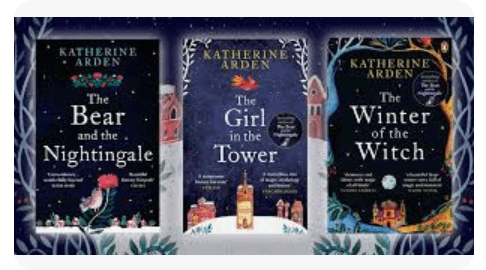
Baker, Mishell, Arcadia Trilogy, starting with “Borderline”
A woman who is very disabled due to jumping off a roof is recruited to deal with the travel arrangements between our world and the world of the fairies—and by “our world” I mean “Los Angeles”. More here. Most of the characters have significant mental illnesses.
Bardugo, Leigh: Many books including “Shadow and Bone”
Dark, often tragic fantasy in which bittersweet is the best you can hope for. But there’s joy in it too, and humour. And it’s so compelling, and the characters are so well-written that you understand every choice they make. Definitely some sexual violence going on in this world eg a character who is unhappily working as a prostitute. Plenty of general violence too.
Barnhill, Kelly: “The Witch’s Boy” and “The Girl Who Drank The Moon”
Unrelated books but both have parents forced to make terrible decisions, with their children suffering as a result. But they are also full of kindness, goodness, and hope. And they work it all out in the end.
Bayron, Kalynn: “Cinderella is Dead”
This is an attempt to escape a misogynistic dystopia in which the religion and laws are based on the Cinderella tale… which really happened in this world 200 years ago.
Berry, T.J: Space Unicorn Blues and Five Unicorn Flush
Bonkers space opera in which being a unicorn will get you killed for your horn.
Blake, Kendare: “Three Dark Crowns” series, starting with “Three Dark Crowns”
Dark fantasy about three sisters. One is born to rule and the other two must be killed at her hand. Lots of murder, betrayal, and childhood trauma.
Brozek, Jennifer: Melissa Allen Trilogy, starting with “Never Let Me Sleep”
Melissa is a troubled teen and the only survivor of… something… that has killed her entire town.
Bryson, Bill: Funny travel books including “Down Under”
Nonfiction that I reread is rare. They’re a little dated now but when he mocks himself it’s always comedy gold. More details here.
Burgis, Stephanie: Scales and Sensibility
Austen-ish… with dragons and a profound awareness of class structure.
Carriger, G L: Especially the San Andreas Shifters series and the Tinkered Stars books (=Gail Carriger)
Carriger uses “G. L.” when there are explicit gay sex scenes. These books are lovely and kind and healing. The Shifters series takes place in her usual magical steampunk universe (with some characters overlapping) and the Tinkered Starts books are technically scifi (with aliens).
Carriger, Gail: Soulless series; Parasol Protectorate…. there’s a lot but “Soulless” is the start (=GL Carriger)
Romantic fantasy humour adventure steampunk books. Same universe as the San Andres Shifters, and also has several gay love stories (and plenty of straight love stories too). But the focus is on the adventures, including vampires and werewolves.
Charles, KJ: “The Gentle Art of Fortune Hunting” and “Any Old Diamonds”
Austen-ish gay romance except there’s explicit sex. Lots of fun, and sweet too.
Cho, Zen “Sorcerer to the Crown”
In the middle of the struggles of nations and worlds, England’s first African Sorcerer Royal meets another first: a female sorcerer.
Clare, Cassandra: Infernal Devices Series, starting with “Clockwork Angel”
Magical steampunk adventure including slightly grating YA romance (too much “OOH! He SO PRETTY!” for my taste). This is a prequel to the “Shadowhunters” series, which goes even harder on the romance, which is why it gets skipped here.
Cogman, Genevieve: The Invisible Library series, starting with “The Invisible Library”
Magical library adventure.
Doyle, Sir Arthur Conan: All original “Sherlock Holmes” tales
Dated in style and sexism, but thoroughly readable and fascinating.
Duprau, Jeanne: The City of Ember trilogy, starting with “The City of Ember”
Before a great catastrophe, an underground city was set up and supplied with everything it would need. But now supplies are running out, and the instructions on what to do next were lost long ago. The Ancients are a deux ex machina more than once, but the characters and drama make it still worth reading.
Fletcher, Charlie: Oversight Trilogy, starting with “The Oversight”
The Oversight protects the mundane world. They used to be powerful and now they’re barely scraping by. When a screaming girl lands on their doorstep, she could be the one to save them—or destroy them.
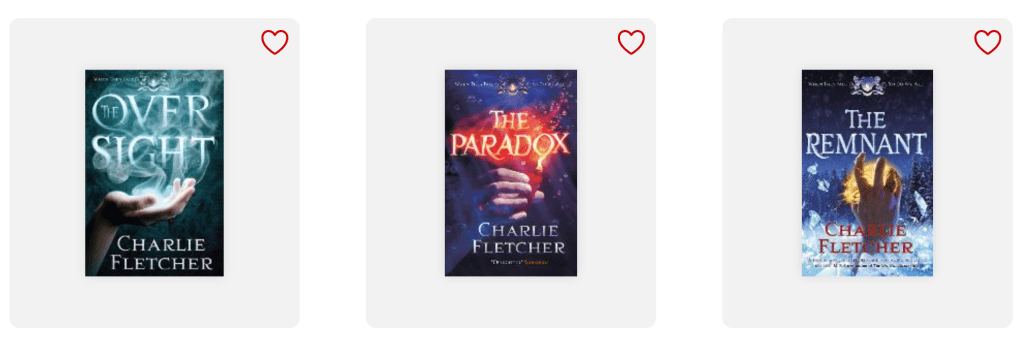
*Freeman, Pamela: Castings series starting with “Blood Ties”; “The Fastest Ship in Space” (=Pamela Hart)
The Castings series has lots of rape but the stories are so good it’s worth it. Fantasy. “The Fastest Ship in Space” is a fun kids’ adventure (Her entire “Princess Betony” series is pure magic for kids too). More details here. I met the author at a conference and I think we’re still loosely connected via Facebook. She is friendly and likeable.
Gailey, Sarah: “Upright Women Wanted”
The setting is a Western with a repressive society. Travelling librarians who take on a young girl trying her best not to be gay. There are some surprises ahead for all of them.
Goss, Theodora: The Extraordinary Adventures of the Athena Club, starting with “The Strange Case of the Alchemist’s Daughter”
Many of the most famous Victorian-era scientists experimented on women, including their daughters. What happens when those daughters join forces? An extremely fun and funny tale of monsters united against their tormentors.
Grant, Mira: “Into the Drowning Deep” (=Seanan McGuire)
Deep-sea horror.
Hardy, Janice: Healing Wars Trilogy, starting with “The Shifter”
Nya is a teen orphan struggling to survive, and she must also hide her own unusual magic so she isn’t forced to use it in war. But then her sister disappears.
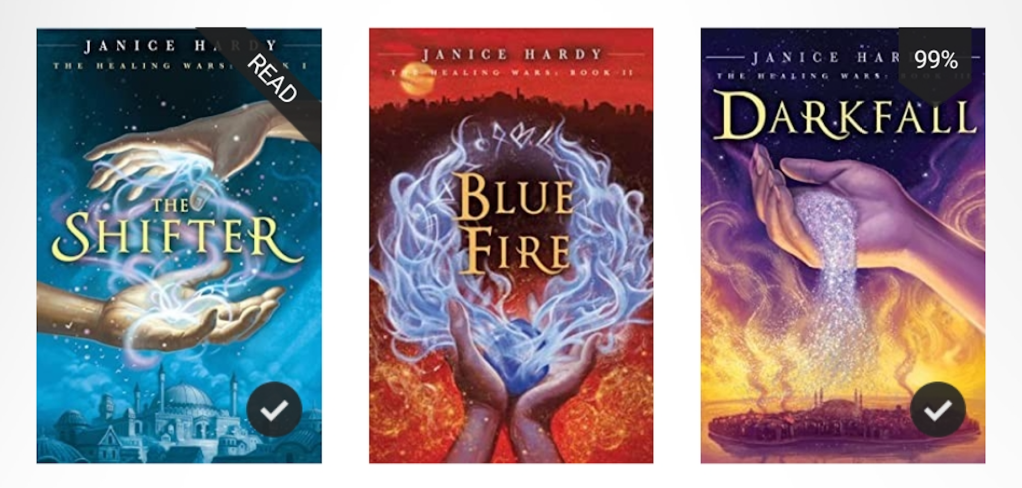
Harper, Molly: Sorcery and Society series, starting with “Changeling”
Only the upper class has magic. Everyone knows that. So Cassandra must be careful to keep her magic secret. Until it isn’t.
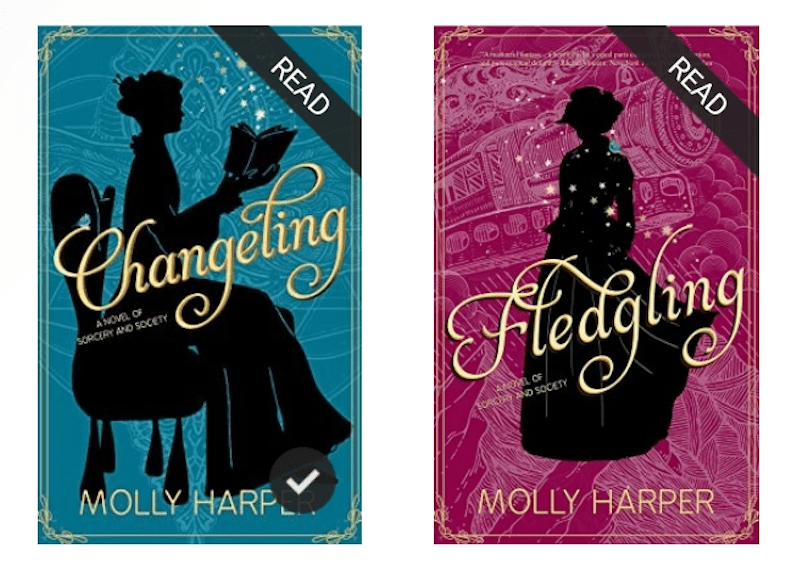
Hart, Pamela: “Digging Up Dirt” (=Pamela Freeman)
Wonderful cozy murder mystery with a touch of archeology. More details here.
Hawker, Olivia: “The Ragged Edge of Night”
Historical novel about two very kind people who have been broken by the Nazis but are still doing their best. This is a beautiful, heartbreaking, heart-healing story. It is based on a true story, amazingly.
Henry, Christina: “The Mermaid”
P. T. Barnum hears about a real mermaid, and wants to exploit her.
Holmberg, Charlie N. “Spellbreaker” and the sequel “Spellmaker”
I find a lot of Holmberg’s books too focused on the romance, but this duology I like. Elsie is an unlicensed spellbreaker who gets caught red-handed by another unorthodox magic user.
Howard, Kat: “Roses and Rot”; “An Unkindness of Magicians”
These unrelated books are both about the cost of magic, and what their heroines are willing to sacrifice.
Huff, Tanya: “Sing the Four Quarters” and “The Quartered Sea” (but not the rest of the series)
In “Sing the Four Quarters” the princess-turned-bard suddenly comes to the attention of the palace when a pleasant dalliance turns into a potential heir. More detail here.
Hunter, Faith: Soulwood series, starting with “Curse on the Land”
Nell escaped a cult and has lived a very simple life ever since, using her potent magic only for defense. But her family is still in the cult, and it’s time to face them. Hunter’s “Jane Yellowrock” series is also excellent (same world) but all of them are quite dark (including the kind of sexual violence you expect in a cult) so I decided not to regularly reread it.
Johnston, E. K.: That Inevitable Victorian Thing
The crown princess has one last summer of freedom before the computers will decide on the most advantageous match for her.
Kingfisher, T.: many books, including “A Wizard’s Guide to Defensive Baking”
Sweet, cozy horror. This author is clearly very sweet and lovely but also deeply sick (there will be SOMETHING horrific in every book, such as an undead horse). I love her. Some of her books are in the same universe, but most are stand-alones. More detail here.
Kontis, Alethea: “Enchanted”
A tale of the least magical (or so she thinks) member of a very magical family. And her friend who happens to be a frog. I enjoyed the rest of the series more than once, but felt it got a little too cutesy for me to reread regularly.
Kowal, Mary Robinette: “For Want of a Nail”
A scifi novelette.
Kwan, Kevin: Crazy Rich Asians series, starting with “Crazy Rich Asians”
This is a razor-sharp satirical series about the uber-rich fashions, lifestyles, and dramas of Singapore. Funny and fascinating.
Kwaymullina, Amber: The Tribe trilogy, starting with “The Interrogation of Ashala Wolf”
The great fantasy series has very intense friendships between teens and children that have had to form their own society—and now it’s at risk.
Lancaster, A. J. Stariel quartet + 1, starting with “The Lord of Stariel”
Hetta returns (briefly) to her ancestral home for her (horrible) father’s funeral, and the magical choosing of the next heir. Which will be either her magically gifted cousin or her wounded older brother.
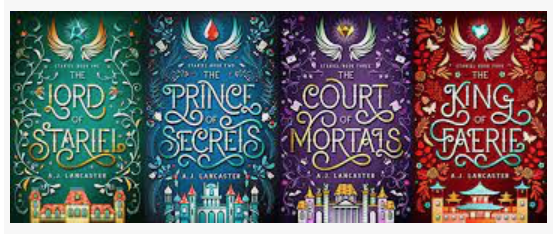
Landy, Derek: Skulduggery Pleasant series, starting with “Skulduggery Pleasant”
Very funny horror, but the stakes are real (good people can die) so it gets a bit less fun later on. Still good though.
Larke, Glenda: Mirage Makers trilogy starting with “Heart of the Mirage” and Isles of Glory Trilogy starting with “The Aware”
More details here. There’s a LOT of sexual violence in these books, including male child slaves (offscreen) and major female characters. But they’re incredibly potent and involving fantasy tales.
Lawson, Jenny: “Broken”
Another rare nonfiction tale. This is incredibly funny and often alarming. Lawson is clinically depressed so this may be therapeutic or triggering depending on your own coping mechanisms.
Lee, Mackenzi: Montague Siblings, starting with “The Gentleman’s Guide to Vice and Virtue”
Is there anything more tauntingly enjoyable than a trip around Europe with your crush? How about if you’re a bisexual lord, your crush is another man, and you know this is your last moment of freedom before settling into your gentlemanly duties?
Macallister, G. R.: “The Five Queendoms — Scorpica”
An epic fantasy series with gods, betrayal, tradition, and magic. Very dark (I can’t remember if there’s sexual violence but I’d consider it likely).
*McGuire, Seanan: Wayward Children series, starting with “Every Heart a Doorway”
McGuire will hurt you. This is a haunting, beautiful set of stories about children who don’t belong in our world. She writes a lot of great books, and they are all filled with deep emotional pain as well as heroic kindness and courage.
McKinley, Robin: “Beauty”
A dreamy retelling of “Beauty and the Beast”. See more here, including some warnings about her unfinished series.
Menchacha, Elijah: “They Met in a Tavern”
A group of retired heroes has to get back together to save the day, and they are not happy about it. Definitely some PTSD there, among other issues.
Mikalatos, Matt: The Sunlit Lands trilogy starting with “The Crescent Stone”
Madeline Oliver loves fantasy worlds, and then she gets to live in one. But there is a dark secret at the heart of the Sunlit Lands. These books changed my life, and I’ve made sure to tell the author so. We’re connected on twitter and FaceBook, and we are both Christians horrified by what “Christian” is coming to mean in the US.
Milford, Kate: “The Kairos Mechanism” and “Greenglass House”
“The Kairos Mechanism” is about a very young heroine in what looks like a sleepy town of the American West. But there are powerful forces at play and Natalie’s considerable courage will be badly needed. “Greenglass House” is about young Milo dealing with an unexpected influx of mysterious guests at his parents’ inn.
Moriarty, Jaclyn: “The Extremely Inconvenient Adventures of Bronte Mettlestone” and a prequel “The Slightly Alarming Tale of the Whispering Wars”
Bronte’s parents were killed by pirates long ago but left her a quest that turns out to be more than slightly inconvenient. Moriarty’s writing is incredibly eccentric and cute. Some books I love and others set my teeth on edge.
Nichols, Sophie: “The Dress”
Fabbia arrives in a small town and sets up a vintage dress shop. She is fabulous, and claims her dresses are magical… but her daughter Ella just wants to fit in.
Nicholson, William: Wind on Fire trilogy, starting with “The Wind Singer”; Noble Warriors trilogy “Seeker”
The “Wind on Fire” trilogy is an epic fantasy focused on one family and their courage escaping a dystopia. “Seeker” is about a found family of misfits determined to uncover magical secrets.
Nix, Garth: Old Kingdom series starting with either “Clariel” (a prequel) or “Sabriel”; “Left-Handed Booksellers of London” series starting with “The Left-Handed Booksellers of London”; various others (some great, some merely good)
The Old Kingdom series (originally a trilogy but now 6 books and a novella) is about two worlds that do not mix well. A 1920s-style world much like our own, and a land of dark magic and beautiful things that is roughly medieval in style. The Left-Handed Booksellers are a group of people that police the lines between ancient magics and 1980s London. Nix and I are loosely connected on FaceBook and I’ve gently stalked him at a conference.
*Novik, Naomi: “Uprooted”, “Spinning Silver” and the Scholomance trilogy starting with “A Deadly Education”
This writer is a genius and she keeps getting better. “Uprooted” is about a girl who never thought the wizard would choose her as his price for her valley’s protection (there is an attempted rape); “Spinning Silver” is glorious medieval Russian fantasy; and the Scholomance series is a darkly hilarious story about a school for wizarding children that has a very low survival rate (but be warned: Books 1 and 2 end on cliffhangers). More details here.
Odell, Clare: “A Study in Honor”
A near-future Sherlock Holmes with a lesbian couple as Sherlock and Watson.
*Okorafor, Nnedi: “The Girl With the Magic Hands”, “Binti” series, and more
Okorafor is a writer of Nigerian descent and her style is incredible although often way too dark for me. I am also a big fan of her cat, Periwinkle Chukwu, is the star of an upcoming picture book and also features in one of my own upcoming books (“Fine Felines” post-comp version).
Page, Shannon & Lake, Jay: “Our Lady of the Islands”
Sian Katte is a successful businesswoman until one day she is given a strange power that turns her life and her world upside down.
Painter, Sarah: Crow Investigations series, starting with “The Night Raven”
Lydia has hardly any magic, which has been useful in keeping her away from her crimelord uncle. But he’s paying her well to do just one small job and as a PI down on her luck she can’t resist.
Pape, Cindy Spencer: Steam & Sorcery
Sir Merrick Hadrian needs a governess to assist with his five recently-adopted children. Miss Caroline Bristol doesn’t want to work for someone so handsome, but she has no other options. Two thoroughly decent people in a world of magic and mayhem.
Peters, Elizabeth: “Crocodile on the Sandbank”
Amelia Peabody is a feminist Victorian archaeologist specialising in Egyptology.
Plakcy, Neil S.: Mahu Series, starting with “Mahu”
Gay erotica that’s also a cozy mystery series set in Hawaii. Originally recommended to me by a gay male friend.
Raybourn, Deanna: Veronica Speedwell Mysteries, starting with “A Curious Beginning”
Veronica is a sex-positive spinster lepidopterist (butterfly collector—in part because it lets her travel freely) who is thrown together with a cranky taxidermist. She is SUCH FUN. Great adventures in an alternate Victorian era. More details here.
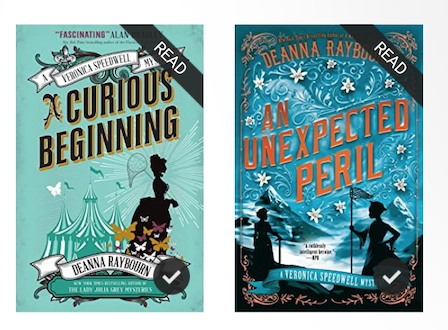
Rodkey, Geoff: Chronicles of Egg, starting with “Chronicles of Egg: New Lands”
Fun kids’ adventure series with plenty of pirates. More details here.
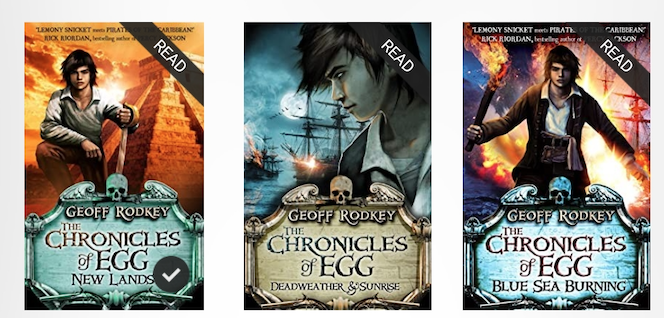
*Sanderson, Brandon: Skyward series, starting with “Skyward”
Sanderson writes a lot of epic scifi, and very well. This series starts with a loner girl who is determined to become a pilot and join her society’s endless defensive war. The first books in his serieses tend to be small-scale, but major aspects of the world tend to be revealed along the way, getting extremely epic and often looking at what happens after a major political or social revolution.
Sharpe, Tess: “The Girls I’ve Been”
The heroine is an experienced con artist trying to deal with relationships and friendships and learning how to trust and be trustworthy. Then she and her ex-boyfriend and her girlfriend are all caught in a hostage situation and her skills are the only chance they have of getting out alive.
Springer, Nancy: Enola Holmes series, starting with “The Case of the Missing Marquess”
These Holmes-ian books (and the two movies, too) are a delightful adventure series with plenty of adventure and mystery-solving.
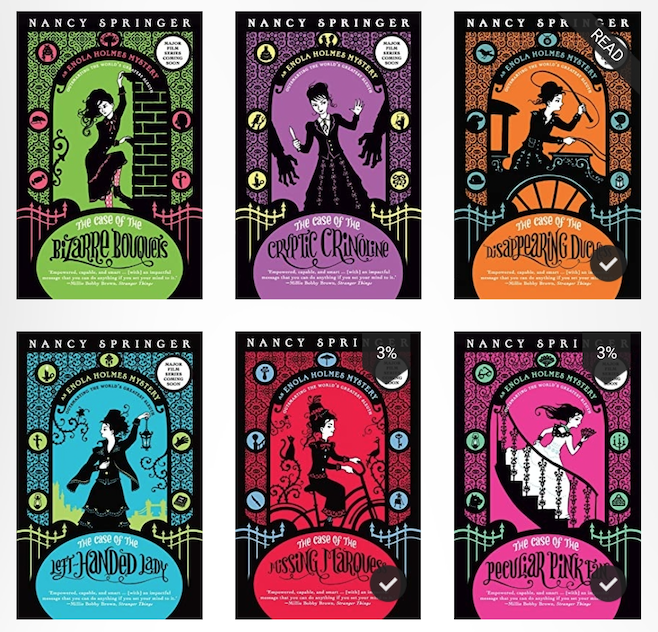
Stradling, Kate: “The Heir and the Spare”
Iona is the second-born, bullied both at home and in school abroad. So when her worst bully comes to propose a marriage alliance with her older sister, it seems like the perfect fate for two of the worst people in the world. But it’s not that simple.
Stroud, Jonathan: Lockwood and Co series, starting with “The Screaming Staircase”
Cozy horror. The banter in these books, and in the narrator’s voice, is incredibly funny. More details here.
Tait, A. L.: Mapmaker Chronicles, starting with “Race to the End of the World”
Quinn is chosen as a mapmaker for the king’s plan of a race around the world. There’s plenty of adventure, betrayal, and new wonders. Suitable for both kids and adults.
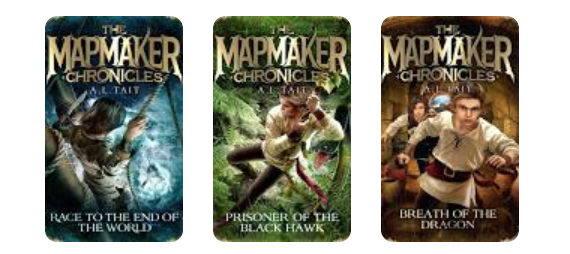
Taylor, Jodi: Chronicles of St Mary’s starting with “Just One Damned Things After Another” (and the Time Police spinoff series starting with “Doing Time”); “A Bachelor Establishment”; Frogmorton Farm series starting with “The Nothing Girl”; and “White Silence”
The “St Mary’s” series is an extremely funny series about rather hapless historians travelling through time. There are some really bad things that happen (LOTS of death and murder of named characters) and there are serious villains, plus sometimes they have to let historical people get raped because that’s how it happened in history (always off-screen). The main character is sometimes threatened but never sexually assaulted (I think she gets kissed and groped though and she has an incredibly gross stalker-type after her in the first book). Edit: As I reread the series I’m realising that there is loads of rape and attempted rape of the main character, but it’s described obliquely enough that I was able to deny it the first time through (eg she is caught and tortured by baddies and when rescued the first thing she does is put her clothes back on). She has also been sexually abused as a child I think. But overall she treats rape as just another acceptable risk in her line of work, and doesn’t seem to take major psychological damage. I like that—rape doesn’t define her any more than getting beaten up does. It’s unpleasant and scary, but she is going to be fine afterwards. There’s also a fair bit of mental health stuff (major gaslighting in Book 2), and she and her love interest/s have extremely big fights due in part to their respective traumas. And a disabled character deciding to die (which the main character disagrees with, but the book seems to agree with—the “if you’re not able-bodied you may as well just die” notion).
“Bachelor Establishment” is Austen-ish plus misadventure (with Isabella Barclay as a pen-name), and “Frogmorton Farm” also involves misadventure. And an invisible horse. And very much found family, including many eccentric animals. Probably too sickeningly sweet for some. If so, try “White Silence” which is a supernatural thriller. I haven’t read the sequel yet and I can’t remember the details at all.
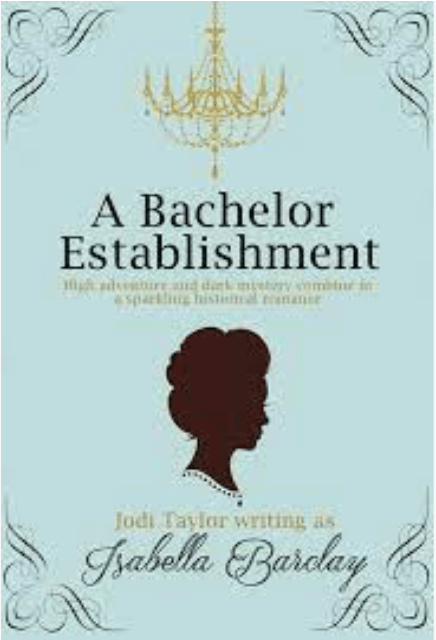
Tesh, Emily: The Greenhollow duology, starting with “Silver in the Wood”
Tobias is a powerful magical being who lives a quiet life in the Greenhollow forest… until an annoyingly handsome and curious human man puts his peace—and the peace of his wood—at risk.
Thomas, Aiden: “Cemetery Boys”
Yadriel is trans and feels he must claim his Latinx family’s male-specific magic to be fully accepted. Then his cousin is suddenly killed, and Yadriel is determined to summon his ghost and solve the mystery of his death. But the wrong ghost appears.
Timberlake, Amy: “One Came Home”
This story is set in an extraordinary moment in North American history, when huge swarms of passenger pigeons settled in a relatively small area. It’s about one young girl’s missing sister, who may or may not be dead.
Townsend, Jessica: Nevermoor series, starting with “The Trials of Morrigan Crow”
Morrigan Crow is cursed to die on a certain day, but instead she is stolen away to face magical trials.
Uehashi, Nahoko: Moribito series, starting with “Guardian of the Spirit”
A tough bounty hunter is “volunteered” to look after a prince that several parties are trying to kill.
*Valente, Catherynne M.: Fairyland series starting with “The Girl Who Circumnavigated Fairyland in a Ship of her own Making”; “Space Opera”
The fairyland series is incredibly rich in detail and humour (almost too rich to handle, much like the deliciously overblown titles) and “Space Opera” is Eurovision in Space, with Earth’s fate on the line. In other news, Valente donated books to one of my refugee fundraisers, so I’d love her forever if I didn’t already.
Westerfeld, Scott: Leviathan series starting with “Leviathan”; Zeroes series starting with “Zeroes”
The “Leviathan” series is a steampunk-ish alternate history of the leadup to World War 1, with one side all about clanking mechanical tech, and the other all artificially evolved battle creatures. It is SO FUN and the illustrations alone are worth the price of admission. “Zeroes” (with several other great authors) is dark fantasy about a ragtag group of teens with super powers that are definitely not heroes.
Williams, Donna Glee “The Braided Path”; “Dreamers”
This is an interesting world, but above all a kind one. Of all my books, this is the kindest. There are no baddies and no bad decisions made by the heroes either. It’s just people figuring life out. Some of it is hard, but it is not unbearable. It is my #1 comfort read. “Dreamers” is also fundamentally kind, but there are several awful villains too.
The Great Book Sort, Part 7: Cozy Crime
Several years ago I realised I could actually sort the 700+ books on my kindle app.
That glorious multi-year quest is now complete.
pause for cheering
This is one last post along the way, and then I’ll post a super mega awesome post with short reviews of ALL of the “Favourites” list.
“Cozy Crime” is a bit of an oxymoron, except of course it isn’t—it is comforting and satisfying to read a truly gentle crime story with no gore or fatal on-screen violence. But it was cozy crime that brought me great pain due to that merciless real-life villain… Graham Norton.
That’s right folks. I have another arch-enemy (who doesn’t know I exist, and who is a real person so obviously don’t do anything BAD to them on my behalf okay? We all understand exaggeration, yes?)
That awful man promoted the book as utterly cozy, with nothing bad happened except the murder.
He lied. And I will never forgive him.
Favourites
Pamela Hart (Pamela Freeman when she writes fantasy—which, incidentally, often involves sexual violence) has written the perfect cozy murder in “Digging up Dirt”. The only bad thing that happens is the murder, which happens to someone we don’t really care about.
There’s a gentle romance or two, and lots of fundamentally decent people. The main tension of the story is that the main character would really like to move into her house, but unfortunately it seems a murder was committed there. So she lives with her parents, who are imperfect but really very nice. There are some gentle discussions of religion that I, as a Christian, found very gentle indeed (most discussions of Christianity are not so gentle). It’s possible they could be triggering to someone with church-related trauma, but other than that the book is just a pleasant journey towards justice.
There’s another book with the same protagonist, and I can’t wait to read it.
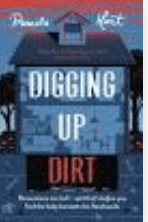
Nope Nope Nope Nope Nope
Graham Norton wrote a book. It’s quite a good book, called “Holding”. I will never, ever read it again and I will warn off anyone who plans to read it.
It feels cozy, and is mostly very gentle and sweet (maybe a teensy bit fatphobic, if I remember correctly). Then there’s a detailed scene of a child getting raped.
So no, I won’t be rereading that one.

Here’s a weird one: Cozy Horror
The whole POINT of horror is to scare and disgust the audience. I almost never read horror (although I admire it from a safe distance) because I’m way too emotionally sensitive.
And then “Lockwood and Co” appeared on TV, and it’s SO FUNNY. And in the credits who should appear but Jonathan Stroud, an author who I’ve admired for years (oddly enough for his relatively-obscure “Heroes of the Valley” rather than his Bartimaeus series). So the TV series is based on the book series, that I am now devouring (currently on book 4 of 5 or 6).
And yeah, it’s horror. The very premise is awful: ghosts are rising all over the world, and since only (some) children can see them, it’s up to children to face them and restrain them. Youch.
So we have three teens as the main characters, working together in the world’s most terrifying yet necessary job, and nearly dying in utter terror a LOT. But it’s not truuuly horror… it’s a mystery. Why are the ghosts so dangerous at this moment in history when they didn’t kill people in the past? What kind of ghost are we dealing with today, and how do we stop it? What’s the deal with [spoilers]? Etc. So although it’s technically horror the feeling I get is extremely similar to the feeling I get when reading cozy crime. Except with more funny lines and situations eg the very uncoordinated George being a force to reckon with in a battle because no one has any idea where the items he’s throwing will end up—so they can’t dodge.
And there’s magic, which always makes a book better.
Season 1 is on Netflix, and the books are in all the usual places. But be warned—the TV series loves its cliffhangers way too much. And if you have teenagers attracted to boys, they will definitely fall for the charismatic, kind, heroic, clever, and oh so damaged Anthony Lockwood.
Review of “The Floating City”, my climate fiction game
I wrote an interactive story set about a hundred years in the future called The Floating City. It’s pretty good I think?
ChoiceBeat magazine is a regular round-up of a bunch of stuff happening in the interactive fiction world. It’s well worth checking out. Here’s the link to the March 2023 issue.
And here’s a really great review of my story!


I would consider Aletheia Knights a friend, but she became a friend due to helping edit my work so her positive impressions are genuine. Probably.
Link to The Floating City.
What doesn’t kill you makes you weaker: advice on living with chronic illnesses such as Fibromyalgia, Chronic Fatigue, and Long Covid (trigger warning: depression)
Prologue: It can and probably will happen to you.
The world is getting more and more disabled people, because a significant proportion of those who get Covid develop Long Covid. Without getting technical, imagine tiredness, weakness, brain fog, and pain at the same level as the flu but forever. If you are chronically ill, you are disabled. No amount of self-control, diet, or medication is going to get you well again.
Around 10% of the population is disabled. It can happen to you, and it is probably already happening to someone you know. If you don’t know anyone with a disability or chronic illness, you actually do. They either keep their suffering hidden or (as often happens) they just don’t fit into your healthy-ish lifestyle, and you didn’t notice when they disappeared.
Everyone who lives long enough will become disabled. It is not a “someone else” problem. Kindly remember that fact when you vote, when you design your home or work space, and when you make long-term plans.
It happened to me.
Pregnancy and birth is a serious physical ordeal that still kills many women today. My body had several chronic issues after my first pregnancy, but my husband and I decided to take a chance and have a second. From that point onward, I was disabled (although it took five years to get a diagnosis of fibromyalgia, which is how long it takes for most people). I can remember begging my partner not to leave the house for more than three hours at a time as I wasn’t well enough to care for the kids for that long.
Yes, I’m aware of the dramatic irony of pregnancy taking away my ability to be a ‘good’ mother. If I could punch dramatic irony in the face, I definitely would.
I also have migraines (also from pregnancy—without medication I would have them every day), and after a few years of fibromyalgia I became morbidly obese and developed diabetes and a couple of other conditions (once you have one chronic condition, you tend to get more as your body is permanently out of whack). I’m also intolerant of FODMAPS and Salicylates (which basically covers 99% of all fruits and veggies—thanks, body!) Shockingly, I also have depression and anxiety. Most disabled people have at least one major mental illness to keep their physical illnesses company.

Worth it.
Part 1: What to do to prepare for the demise of your health (or your partner’s health)
a) If possible, get health insurance. My health insurance costs over $100/month and hasn’t paid me a cent even though I’ve been disabled for eight years. It lists 46 different health conditions that get a payout. Fibromyalgia is specifically excluded.
If you can, get health insurance that covers your degree of ill health rather than specific conditions. And income insurance.
Actually, income insurance is better suited to helping you cope with Long Covid or other disabling conditions. Get that.
b) Talk to your partner realistically about the fact that one or both of you may end up becoming a carer and/or financial support for the other. Note that although Australia has a Disability Support Pension (possible but difficult to get for chronic conditions), it is assumed that your marriage partner (including de facto marriage partners) will share EVERYTHING that they have with you. So if they earn above about $80,000/year or the two of you have more than $3600 in the bank you will not be able to get any government help. Can you support a family of four on that income? (Take-home pay of about $60,000/year, and rent for a 3-bedroom home is at least $30,000/year—which also means you probably won’t be approved for a 3-bedroom rental if you’re not already living there. And a lot of people, such as single parents, have it much worse.) Ask each other, “What if I wasn’t able to work?” “What if you weren’t able to work?” Can either of you become the breadwinner if you have to? Make sure both of you know how to do all the household chores (including cooking a few standard meals) in case one of you can’t do them any more. Talk about the fact that marriages often break down if one person becomes chronically ill, especially if the ill person is a woman. Talk about the fact that chronic illness goes hand in hand with depression and with massive weight gain. Try to figure out what matters most to each person eg one person may feel loved when given gifts like flowers regularly; one may rely on physical intimacy to feel loved; one may need to be told “I love you” every day.
c) Finances. Try to have savings if you can. Basically, if you get sick you’re financially screwed. As any millennial can tell you, our society now expects everyone to be in a committed long-term relationship that contains two able-bodied adults who both work full-time. Sorry about that.
Pick one thing on your bucket list (that doesn’t involve travel, crowds, or hospitals) and do it now, so that if you get sick you can say, “Well, I probably can’t ever go to Paris but I DID learn how to play the ukelele.”
And yes, I know I just told you to have great savings AND to buy and spend a bunch. Sorry.
d) Got kids? If they’re over four years old, there are SOME jobs they can be trained to do. Even if it’s not appropriate to have them doing regular chores, try to teach them the skills so that they are physically capable of doing more chores if they need to (teaching kids chores takes time & health). Focus on the essentials: packing and unpacking their bag before and after school; making their own lunch; filling their drink bottle; getting dressed and undressed; taking care of their own personal hygiene. Sorting washing; putting away washing; hanging out wet washing; putting a load of washing on; remembering to get the wet washing when it’s done; washing dishes; stacking and setting off the dishwasher; unpacking the dishwasher; vacuuming; cleaning bathrooms; mopping; cooking; preparing their own snacks and getting their own drinks when they’re hungry and thirsty; entertaining themselves; walking to and from school; walking to and from the local shops; finding an item at the shops (eg milk) and buying it.
Make some memories with the kids doing stuff that you couldn’t do if you were unwell eg holidays, playing sports, hiking, leaving the house kinda thing.
e) Have at least one friend that you are very honest with eg “I’m too tired to wear a bra but I’d love if you would come over and make me a cup of tea (and a drink for yourself) and re-watch Lord of the Rings with me.” Someone other than your partner.
f) Contribute to your friends and your communities while you can eg washing up after church morning tea; helping friends move house; cooking for a family with a new baby.
g) If possible, make your house and workplace more disability friendly with ramps, reverse cycle air conditioning (many sick people are extremely sensitive to heat and/or cold), comfortable chairs for every situation (many people can’t stand for more than thirty seconds without pain), a bath (for cheap pain relief), and possibly lifts (most non-paralysed-but-still-disabled people are okay with a few stairs but a full flight can be a major obstacle). If you can, have a wheelchair accessible toilet and plenty of room in hallways etc. Get solar panels.
h) Make sure your finances and paperwork are in order, including a will. But the main reason for this is that ‘brain fog’ is a major symptom for most chronic conditions. So if you are sick, you are probably not able to run the paperwork side of the household. I once paid our car registration incorrectly and we nearly got a massive fine before it got sorted out. I regularly forget to pay bills. I nearly ran out of insulin over Christmas even though I had thought of that possibility and prepared for it. I regularly take a wrong turn on the way to a familiar location.
Maybe learn how to do a shared household calendar and shopping list. Have a perpetual calendar that shows all your bills for the year.
Unfortunately Chris has ADHD so paperwork-wise the buck stops with me. I have a whole complicated system that usually works including physically leaving paper bills in a prominent location until they’re paid, marking in my diary every month when our mortgage is due, and using a Webster pack for medication (SO helpful!)
Write down your passwords, and make sure the partner knows where they all are. I know writing down passwords is meant to be bad but if you have them in a spot far away from your computers etc but where you both know where they are, that will save a lot of grief.

Time for a kitten break, I think.
Part 2: How to live with chronic illness in yourself or your partner
This is Chris, my husband. We married in 2009 and our kids are in Year 3 and Year 6 this year. He is an extremely calm and naturally contented person, which is very helpful because he doesn’t dwell on the fact that his quality of life dropped sharply when I got sick.
To be fair, my quality of life dropped a lot more than his.

a) Fat. One of the best things Chris has done is that he’s never once commented on my massive weight gain. As of this entry, I weigh literally double what I weighed on our wedding day. Some of it is from emotional eating (to keep myself from burning down the world and/or harming myself). Some of it is from eating to stay awake or to distract myself from pain. Some of it is from not being able to exercise much. But the bulk of it (see what I did there?) is side effects of either my medical conditions or my medication. I am incredibly sad at the moment as my weight was stable for several years (even through lockdown) and then suddenly jumped by nearly ten freaking kilos. Guess what caused that? Insulin. Cool, the medication now keeping me alive just completely screwed me over. And giving myself injections every morning before breakfast was already so fun.
Some chronically ill people gain only a little bit of weight or even lose weight. Weight loss from illness is difficult as society tends to view it as a plus and doesn’t see it as a dangerous health issue. Weight gain is hated with a visceral passion by modern society, and it is very difficult to live with. As a bonus, a fat disabled person is more likely to be seen as purely lazy—by strangers, by friends and family, and by doctors. The hatred towards overweight people is incredibly painful and can be deadly. I guarantee it comes from inside the fat person as well. I hope that if you or your partner becomes overweight, that you can unlearn the prejudices surrounding weight gain.
Dieting is less healthy than being overweight. Over 95% of diets fail, and with chronic illness and medications in the mix the disabled person is extremely unlikely to ever lose any weight no matter what they do (including gastric bypass surgery, which reduces stomach size and hunger pangs but often causes chronic diarrhea and definitely doesn’t solve all the other weight issues). Amazingly, pretty much every health professional I speak to (including dermatologists, neurologists, and so many others who DON’T specialise in anything relevant) tells me to try and lose weight. Almost all of them suggest gastric bypass surgery. They say things like, “Even five kilos makes a difference” (which I know for a fact is not true as I became diabetic almost 20 kilos ago and my blood sugar varies more with my stress level than what I eat). This is INCREDIBLY HARMFUL and JUST PLAIN WRONG.
There is exactly one up side. Dieting is off the table (pun intended), probably forever. Do try and eat foods that will sustain you, like protein and vegetables. But there is absolutely no reason for you to restrict your eating. Babe, eat WHATEVER you want. You’re gonna be fat either way. Might as well enjoy it.
b) Medical gaslighting and trauma. If you are fat, female, depressed, chronically ill, or a woman of colour (and the prize for “That really really sucks” goes to those who are all of the above) then you will pretty much definitely have at least one doctor who treats you like a hypochondriac and/or moron. Keep an eye out for these common statements: “You’re not sick. You just need to lose weight.” “You’re just aging.” “Every mother is tired.” “Great news! Your test came back completely clear.” “Everyone’s back hurts.” “See an exercise physio.” (NB: An exercise physio can be helpful, but they can also underestimate your illness and injure you.) “How often to you exercise?” “Do you think you might be pregnant?” “Muscle pain is a part of life.” “Get plenty of rest.” “I really think you should see a counselor.” (NB Counselors can be great but they can’t fix chronic illness—just like they can’t fix a broken leg.) “You’re still young.” (Cool so I have decades of pain to look forward to.)
Remember how I mentioned that fibromyalgia averages five years before diagnosis? It gets worse. There are literal medical professionals who believe fibromyalgia isn’t a real disease. Ditto Long Covid, which is overwhelmingly stupid but here we are. The worse part is that they’re sort of right—fibromyalgia is the diagnosis given for a cluster of symptoms that don’t fit any other condition. It’s a ‘recent’ illness in that it only got the name within my lifetime. It’s poorly researched and poorly understood. All of that plus more applies for Long Covid. It’s newer and even less well understood. Even Long Covid specialists are often amazingly unhelpful.
Medical people are human and they make mistakes. But mistakes, especially those based on stereotypes, get people killed. Fat people, women, and people of colour are given less painkillers than other patients, and are less likely to be believed or trusted. There are MANY horror stories eg the woman who went to Emergency with severe abdominal pain and was told to lose weight. She died of uterine cancer.
Understand you’re not alone. Change doctors when you need to.
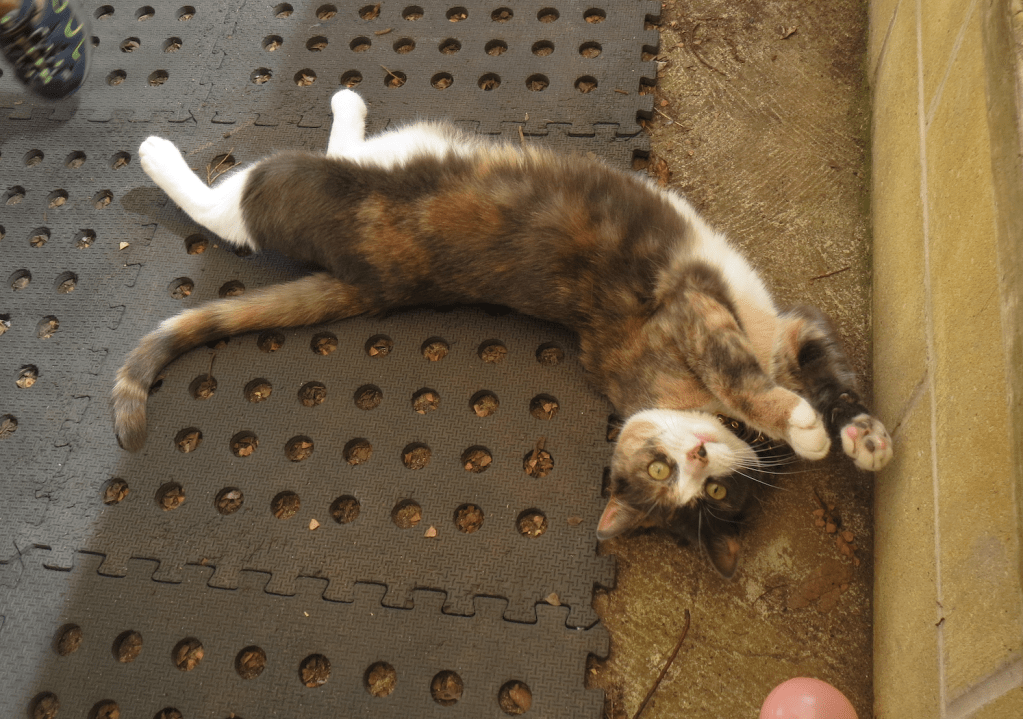
Time for another cat break.
c) Being poor. You’re almost guaranteed to have a lot less income. If you can stomach cutting back on expenses (having 1 vehicle instead of two; going camping instead of to Fiji, eating at home and having any remaining job-keepers prepare their own packed lunch) then go for it. But remember that no one is perfect and make sure you have at least some dumb stuff that isn’t just about survival eg buying books, eating out once a month at a mid-price restaurant, getting massages. Start your budget with a place to live, bills, food, and probably running a vehicle or two. (Having only one vehicle can mean the sick person becomes completely house-bound…. so don’t do that.) Chris and I almost always get our electronics secondhand (phones, TV, computer games, computers) and we give very crappy Christmas and birthday gifts.
Make sure you have free or low-cost things that you love to do, such as taking a walk, swimming, or sitting in a comfortable chair to watch the sun set while listening to music. And playing computer games. Last night I became obsessed with a really stupid and pointless quest. Giving in to it and staying up way too late was actually a healthy thing to do because it’s a virtually free way for me to NOT be super self-controlled (which I have to be with money). Have pressure valves, and use them before you crack from all the other pressure.
It’s vital to change your expectations about your life, and it’s not easy. I grieved “bring an adult” for many years because the definition of “adult” for many is “someone who financially supports themself”.
Some friendships cost money because the norms of that group cost money eg eating out together. Some friends can adapt to your new circumstances (especially if you’re totally honest with them) and some can’t. Some friendships are worth spending a chunk of your limited income on, but many aren’t. Some friends are extremely beneficial eg some people prefer to host at their house and are happy to pay for the meal without requiring anything (or anything much) from you. Some people are great for ‘babysitting swaps’ where you look after their kids one afternoon and they look after yours the next. Some families step up beautifully and long-term, although most can only handle helping out in a crisis (eg when you’re first sick, or if you’re moving house) or they burn out. Everybody in the world is stressed and overwhelmed and struggling with their own problems, so be gracious.
Try to have a mixture of sick and able-bodied friends—the sick ones will understand you like no one else can, but the able bodied people will be more able to adjust to your needs.
A shocking number of people are struggling to get by in our society, so there are a million interlinked communities out there that are understanding and supportive. Food pantries supply free or low-cost food (and it is often a great way to try something new), and hyper-local FaceBook groups such as Freecycle, Buy Nothing, and Freebies are brilliant for giving and getting free stuff including beds, couches, toys, and clothes (especially baby clothes). Most schools have a second-hand uniform shop and/or a parents group where people give away or sell outgrown uniforms. I emailed my kids’ school recently about camp fees and they paid for the whole thing (nearly $400). Our morgage rate was recently reduced almost a full percentage point thanks to desperation + our morgage broker. CHU and Homeground Real Estate offer below market rate housing for renters in Canberra. It is definitely worth considering a group house situation, especially if you are single and in danger of being socially isolated.
The only up side is that you’ve become part of a major global movement against capitalism and greed. You HAVE to find a different way of living. You HAVE to value yourself for more than your earning capacity. You HAVE to resist the constant siren call of “Buy this thing! It will make you a better and happier person!”
I like to think of myself as semi-retired, and take joy in that. I only get about four functional hours a day, so I nap a LOT, read a LOT, and watch TV a LOT. If I wasn’t sick, my life would look like Paradise. It also means that I can fetch the kids from school and then be at home all afternoon (probably asleep, but still THERE).
I often pretend to be lazy rather than sick (or poor) so I don’t bring down the vibe with friends, which is a dangerous strategy as it leads to people thinking I’m faking all of this. But it’s still worth it sometimes so I don’t have to spend five minutes explaining why I can’t go and try axe throwing (can’t pay, and would almost certainly injure myself badly due to the throwing motion), or to an art gallery (can’t walk that far and don’t feel comfortable asking you to push me around in a wheelchair all day), or to a school play (gives me panic attacks, and two hours in a chair that’s not an armchair can leave me in extra pain for weeks), or whatever.
d) Chores. Once again, you need to severely lower those expectations. My kids are both autistic and Lizzie also has ADHD (which Chris also has…. out of the three of them, 8 year-old Tim is the most likely to actually put his friggin’ rubbish in the bin) so they’re not as independent as I like but oh well.
Work out how much your partner can take on, and don’t push them past that.
If you have to have clean washing picked through day by day on the couch (rather than put away), so be it. Focus on basic hygiene and making sure everybody eats (shopping can be done online although it is a little more expensive; it is definitely worth cooking larger meals and then just reheating leftovers later; don’t buy fancy crockery or cooking things that can’t go in the dishwasher).

Another kitten break.
e) Loneliness and Depression. Very likely.
If it helps, it may be worth getting a pet but only if the able-bodied person is able to deal with their poo, food, and water. Puppies and kittens are a lot of work but older pets are easier to adopt and more likely to be suitable to a disabled lifestyle (plus you can talk to RSPCA staff and get a sense of which one’s personality is best for you). As you can tell, my cats are essential to me.
Try to do low-impact exercise if you can (swimming, bike riding) but do NOT let anyone (especially doctors) pressure you into exercising too much as it can be very dangerous for chronically ill people. “Graded Exercise” programs have harmed many many people.
Get outside if you can. Or possibly take vitamin D supplements.
Enjoy what you can, like TV or picking fresh flowers or whatever works for you and isn’t illegal.
If you’re not able to see people face to face, the internet is a massive source of community. Use it.
Connect to other chronically ill people. There are a LOT, and many many internet/social media groups.
f) Christmas. For years I would use Christmas to get some of the things I couldn’t buy myself, such as clothing (I’d ask my mum to go shopping with me). But that only works if your family accepts and pays attention to wish lists and/or is willing to give you vouchers to stores you like. Usually Christmas and birthdays are really difficult due to finances. A lot of adults, including able-bodied adults, feel stressed by Christmas and will appreciate an honest “Let’s just not give each other gifts for Christmas—ever”. Others would crawl over broken glass if it meant they’d get a home-made gift.
h) Parenting. Find a way to connect with your kids that doesn’t make you sicker. Bed time rituals are usually great (if there’s a comfy chair in their room or you’re able to sit on their bed). I’ve taught my kids to come into my room and jump into my bed with me. To talk; to play on phones side by side; to read or to be read to; to practise times tables; to pretend to be a cat. It works really well for Tim but not as well for Lizzie. We are also watching some great TV shows together, like Avatar and She-Ra. My kids have unlimited screen time (screen time can be essential to autistic kids, so it actually works well for all of us).
What advice do you have for people who have become chronically ill?
This post was brought to you by this tweet:

I focused on disability in this post, since I’m more or less an expert after eight years. But my father died last year and there was SO MUCH paperwork crap to sort through.
Have a think about what your partner/friends/family would have to deal with if you dropped dead without warning, and see if there’s a way for you to make it less awful—making a will; writing down passwords; sorting through that filing cabinet you’ve been putting everything official-looking into since 1994; etc.
